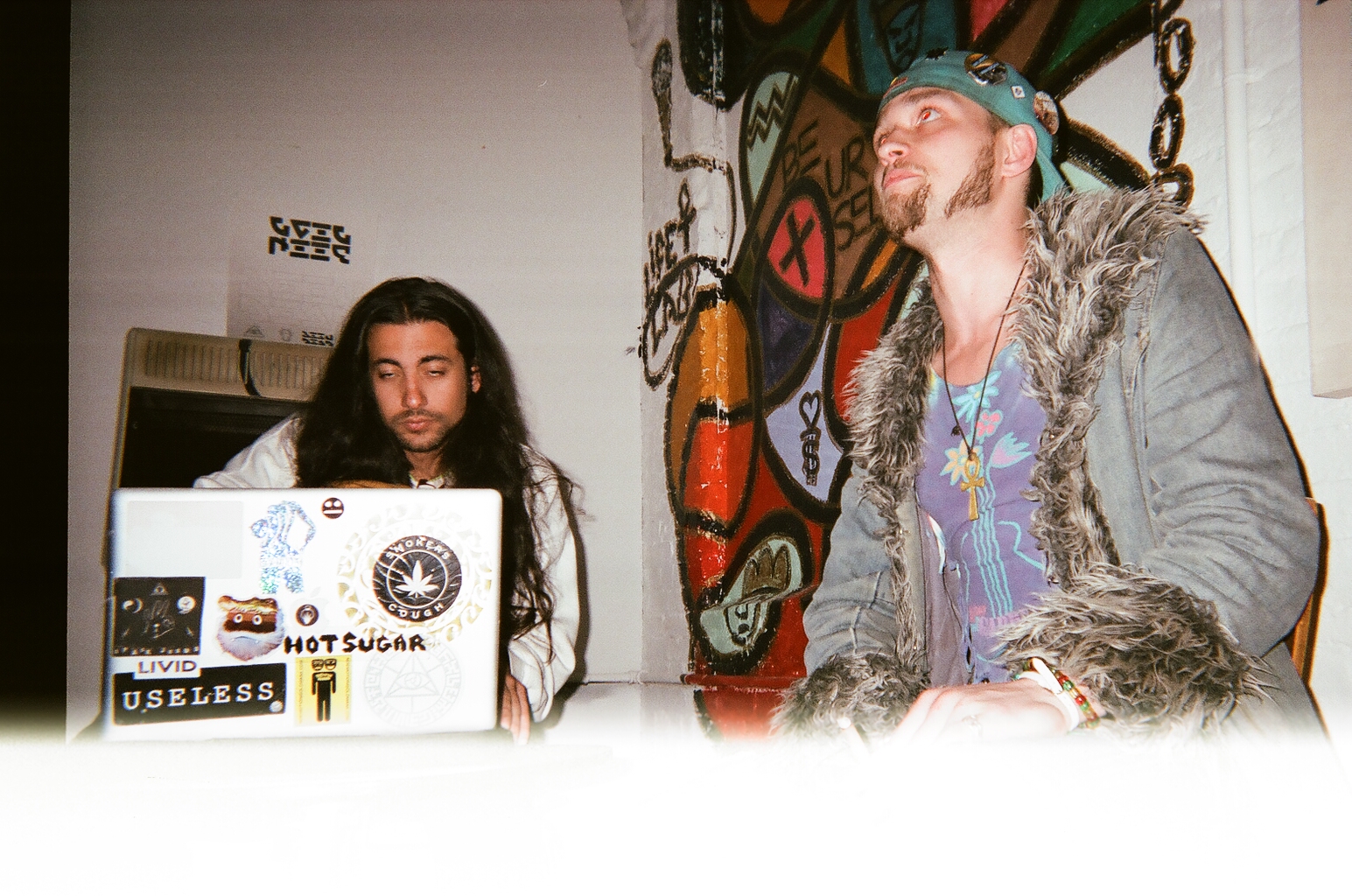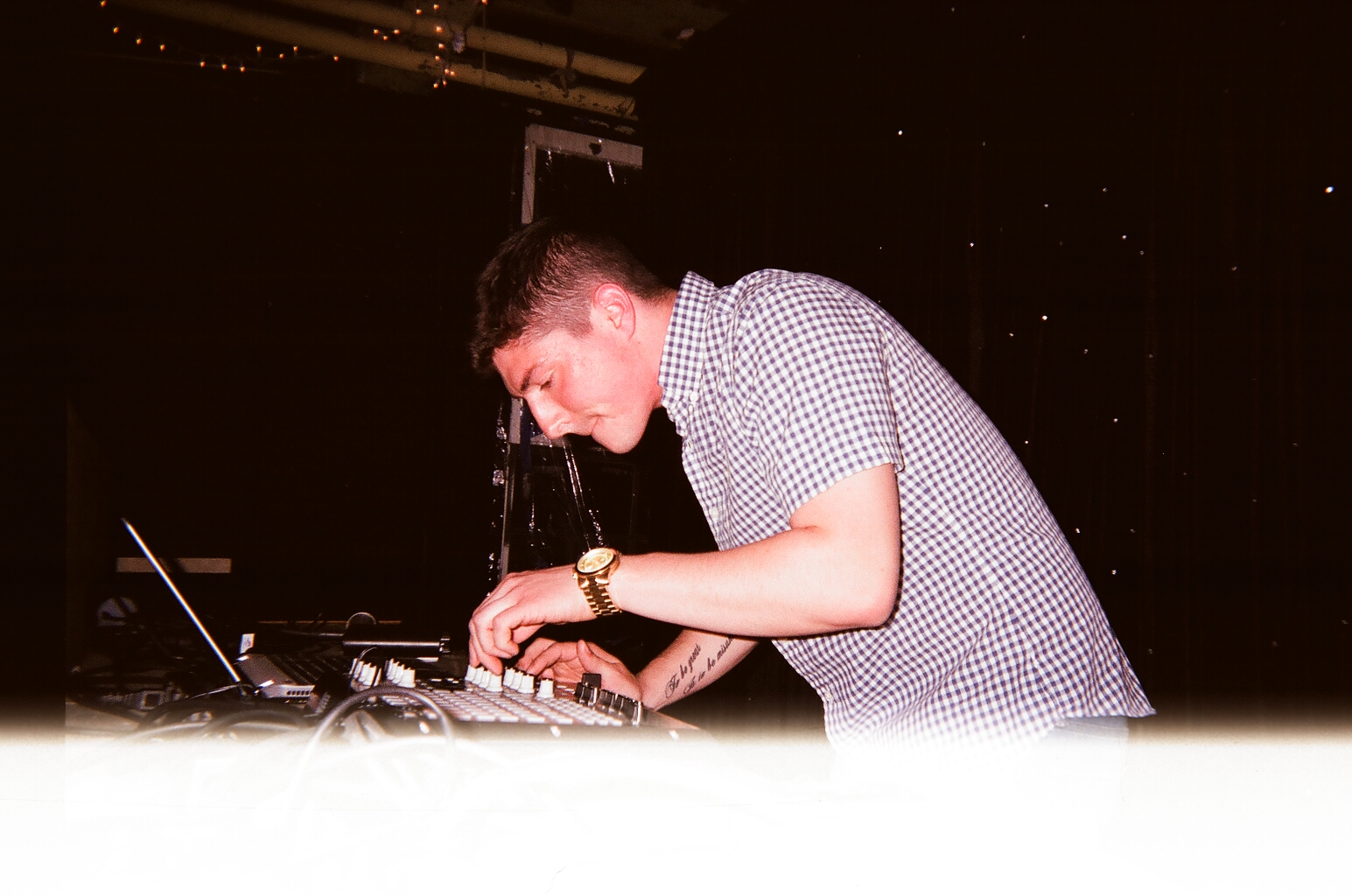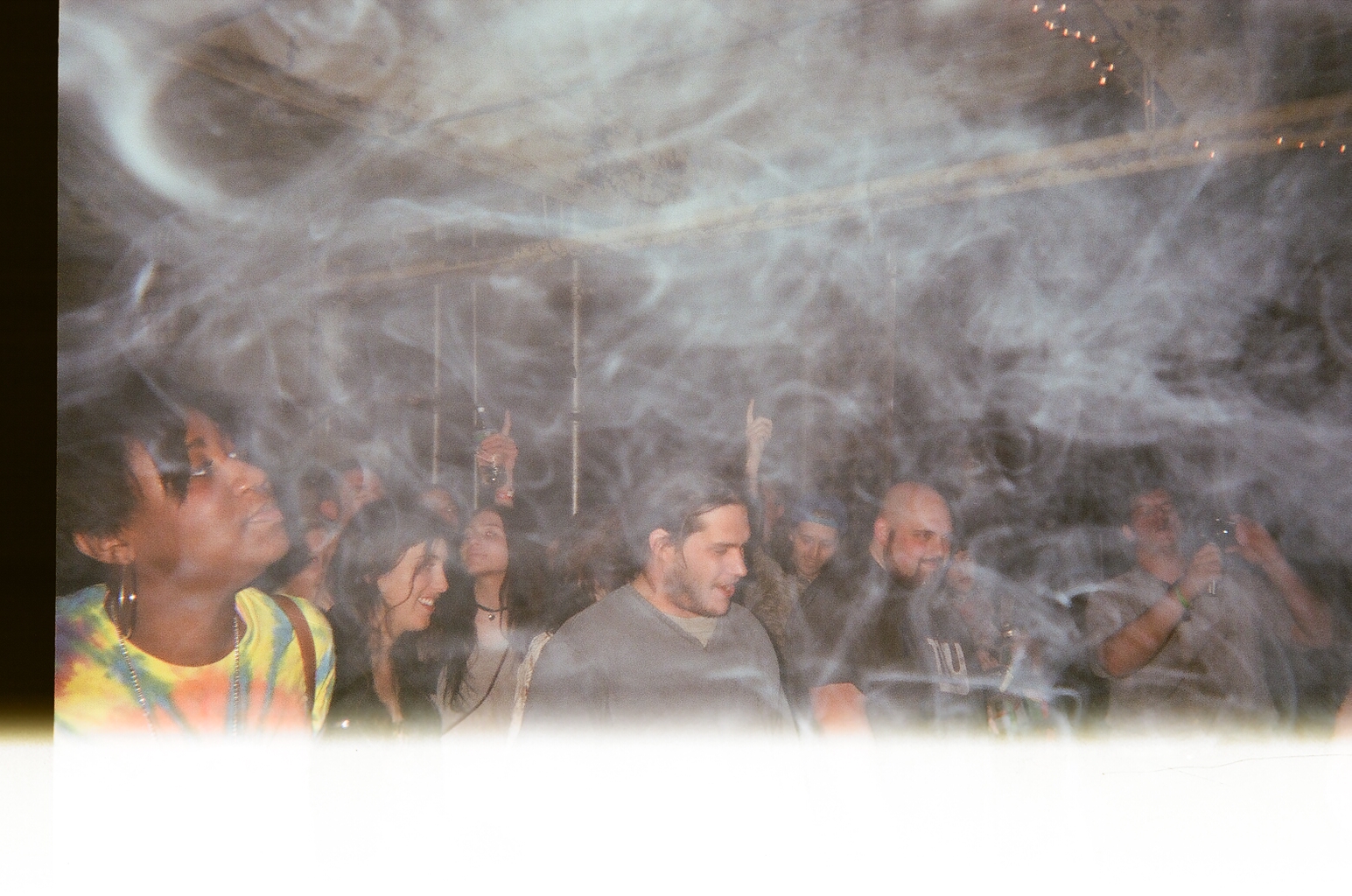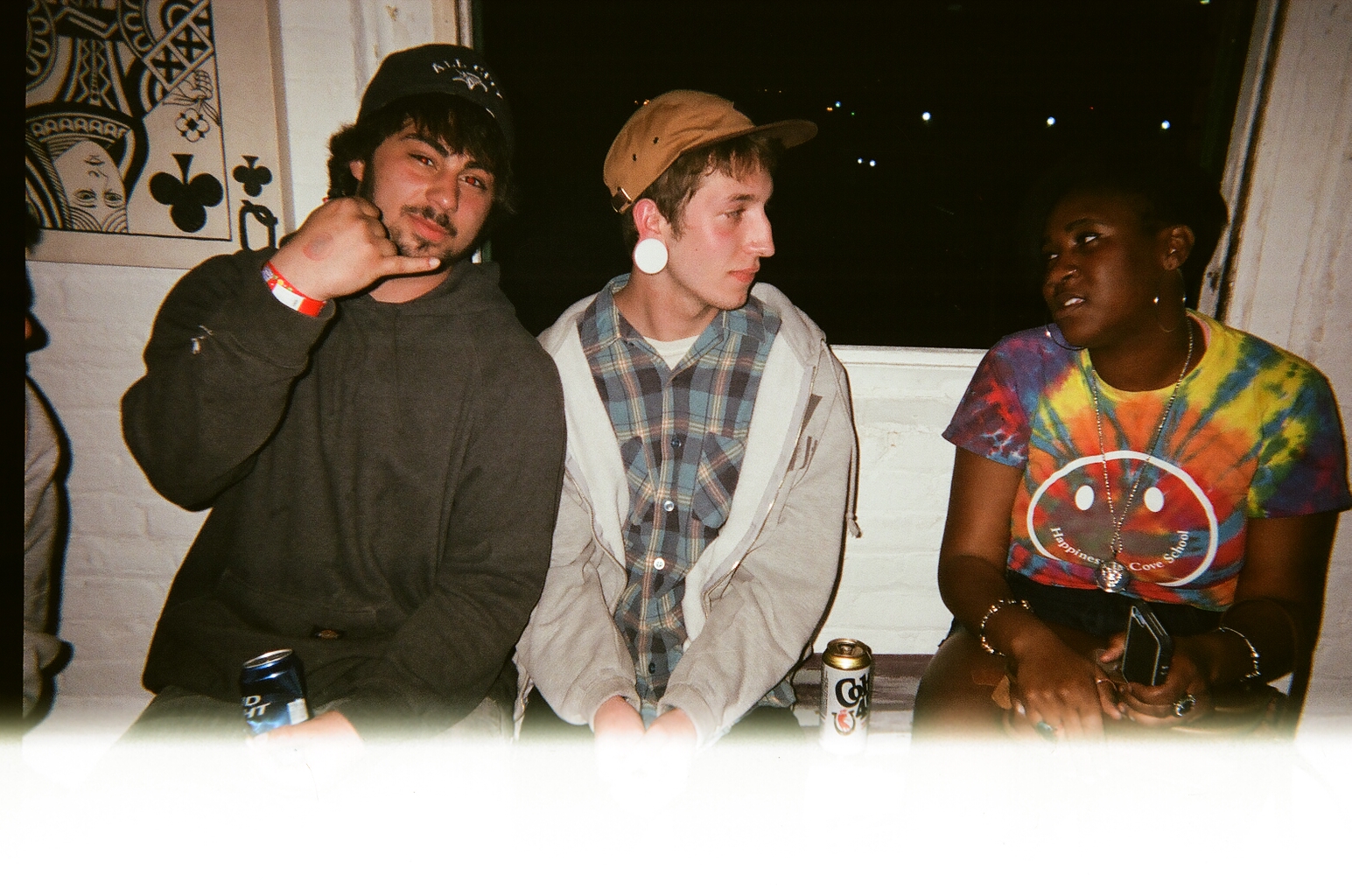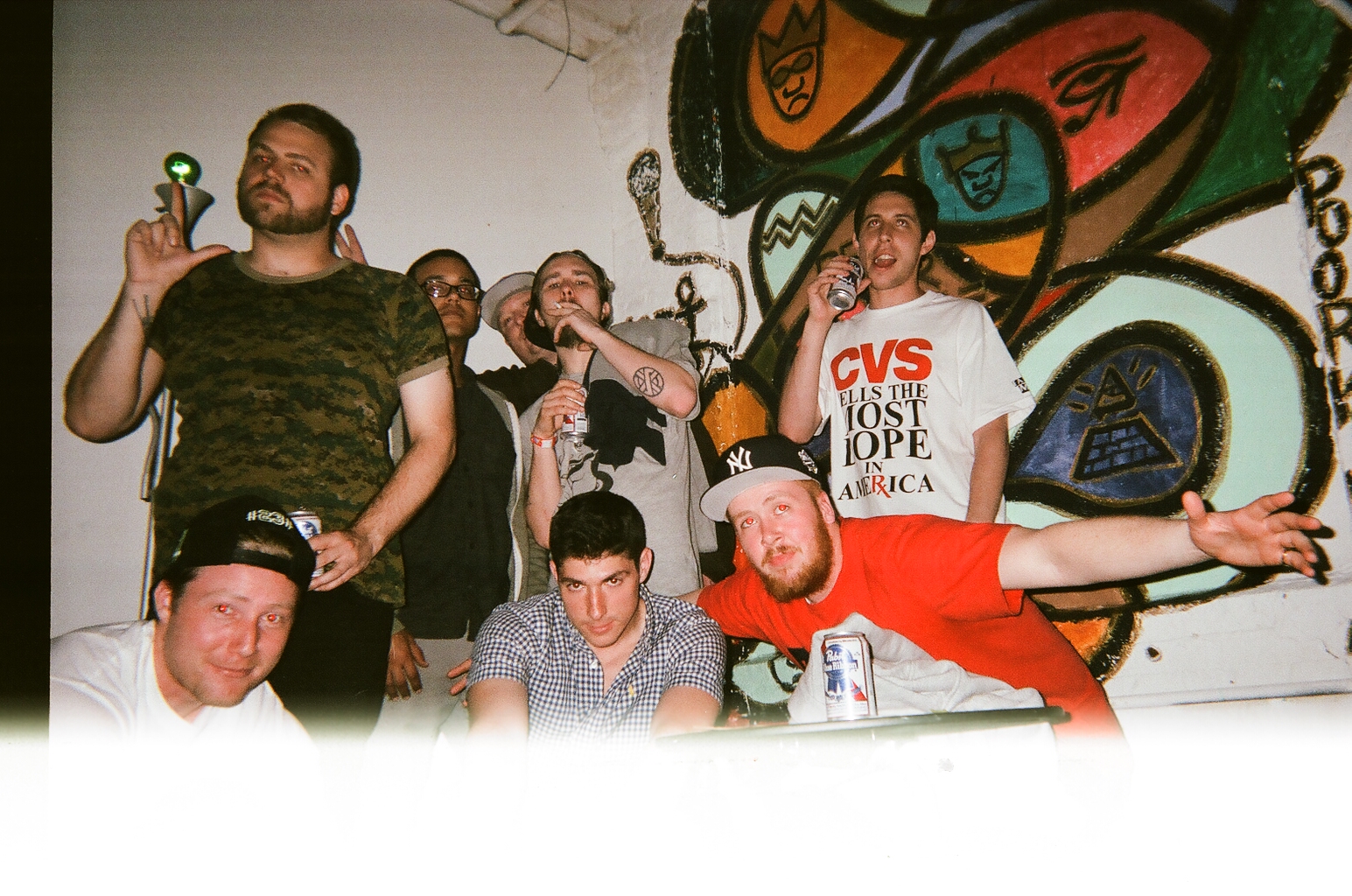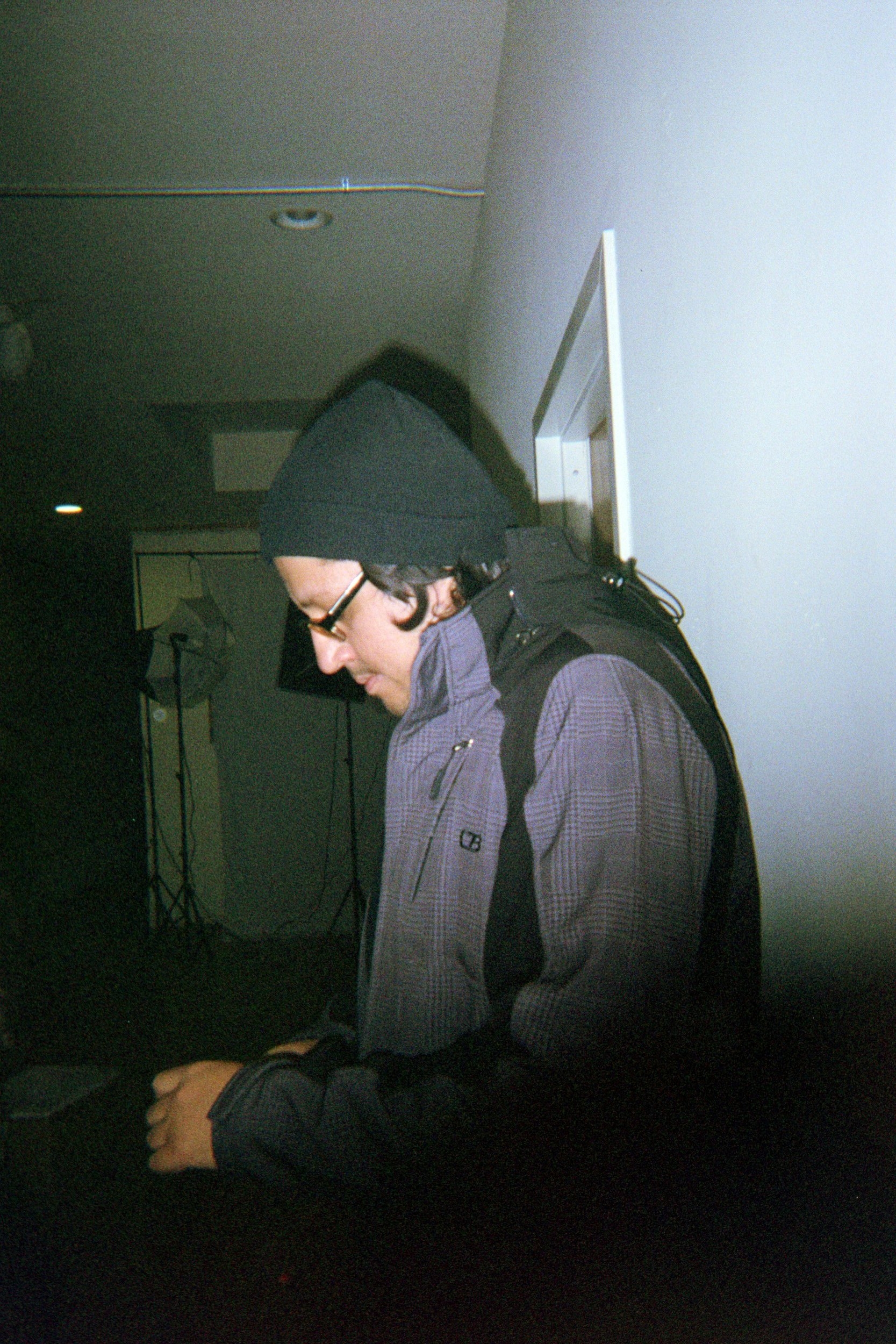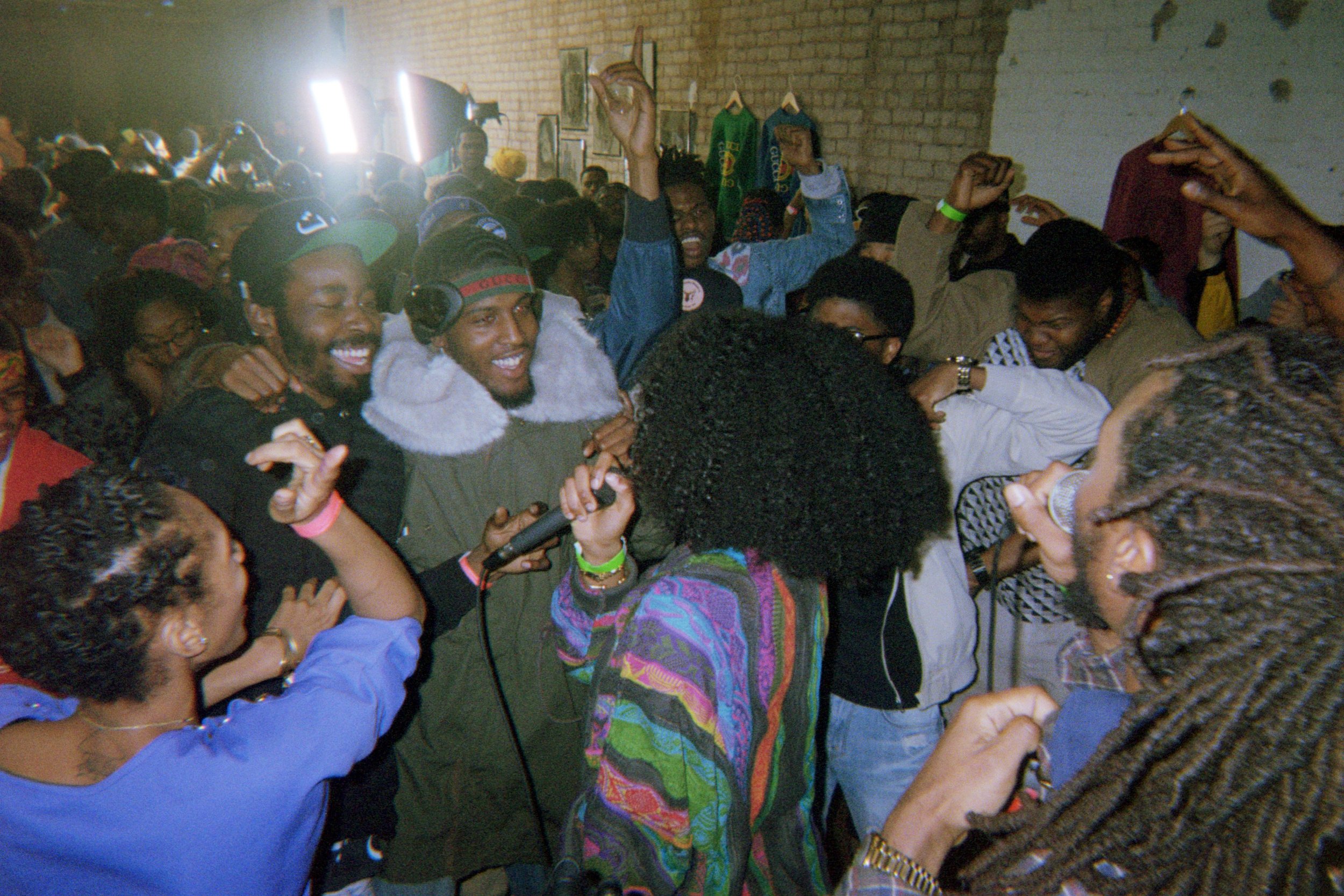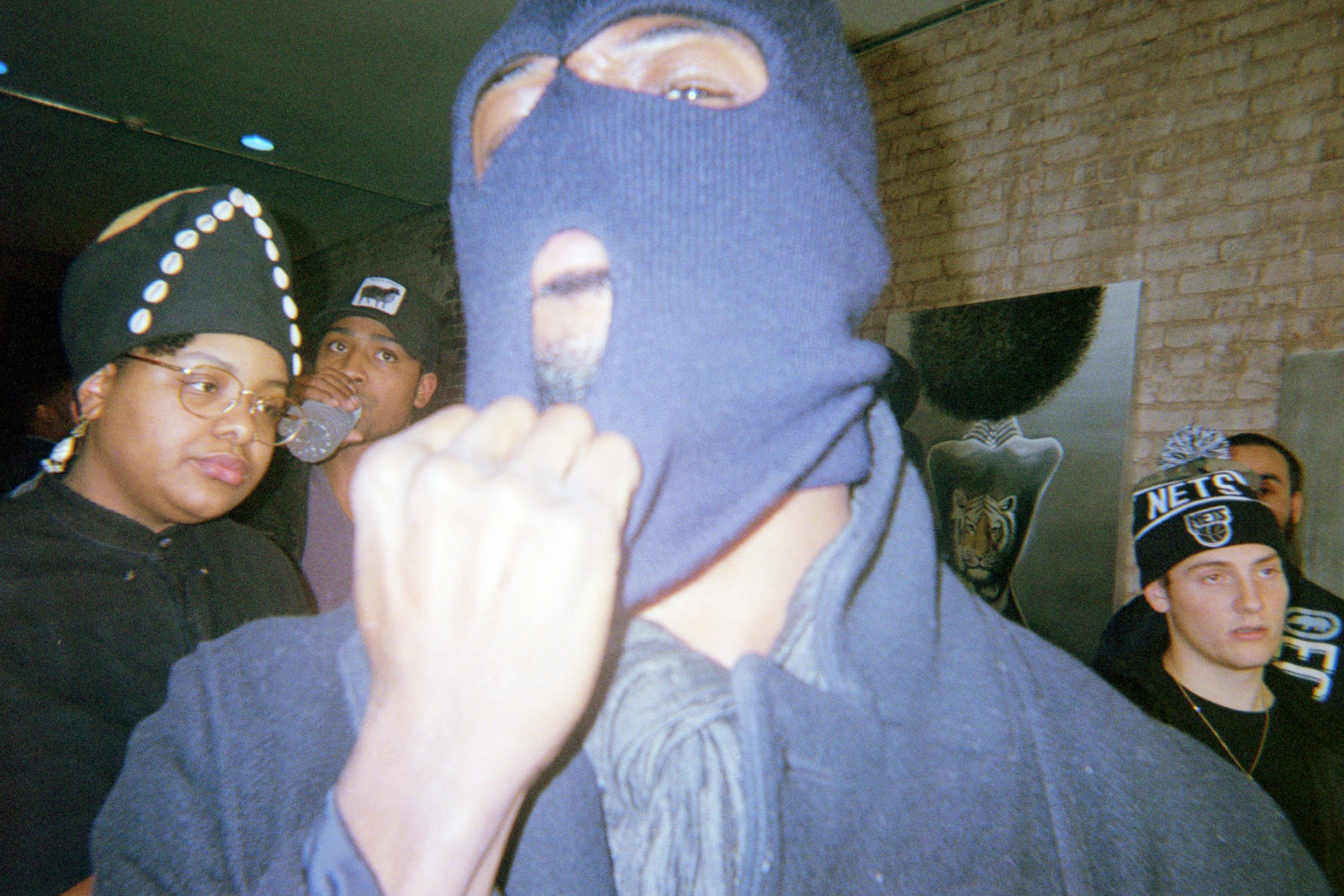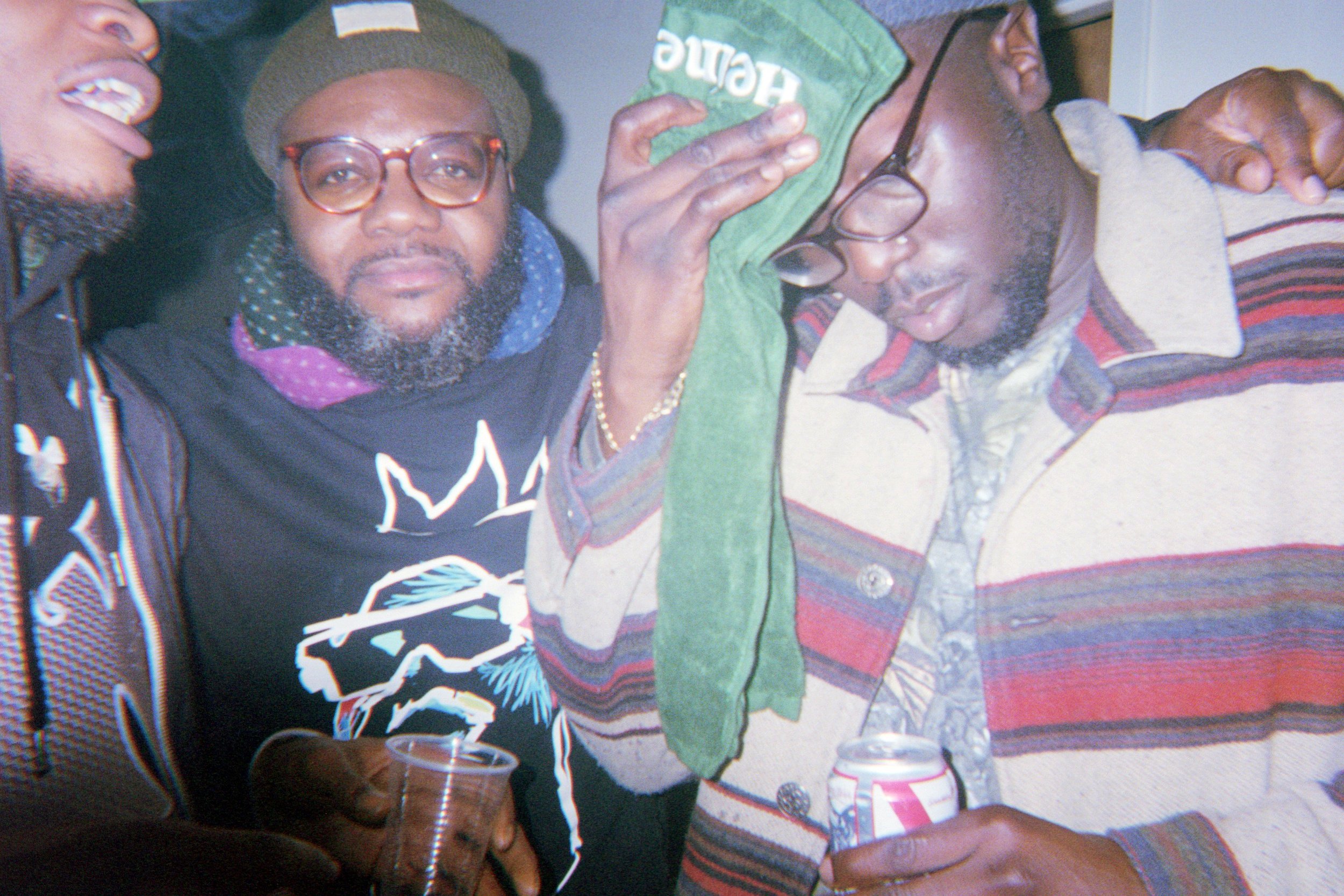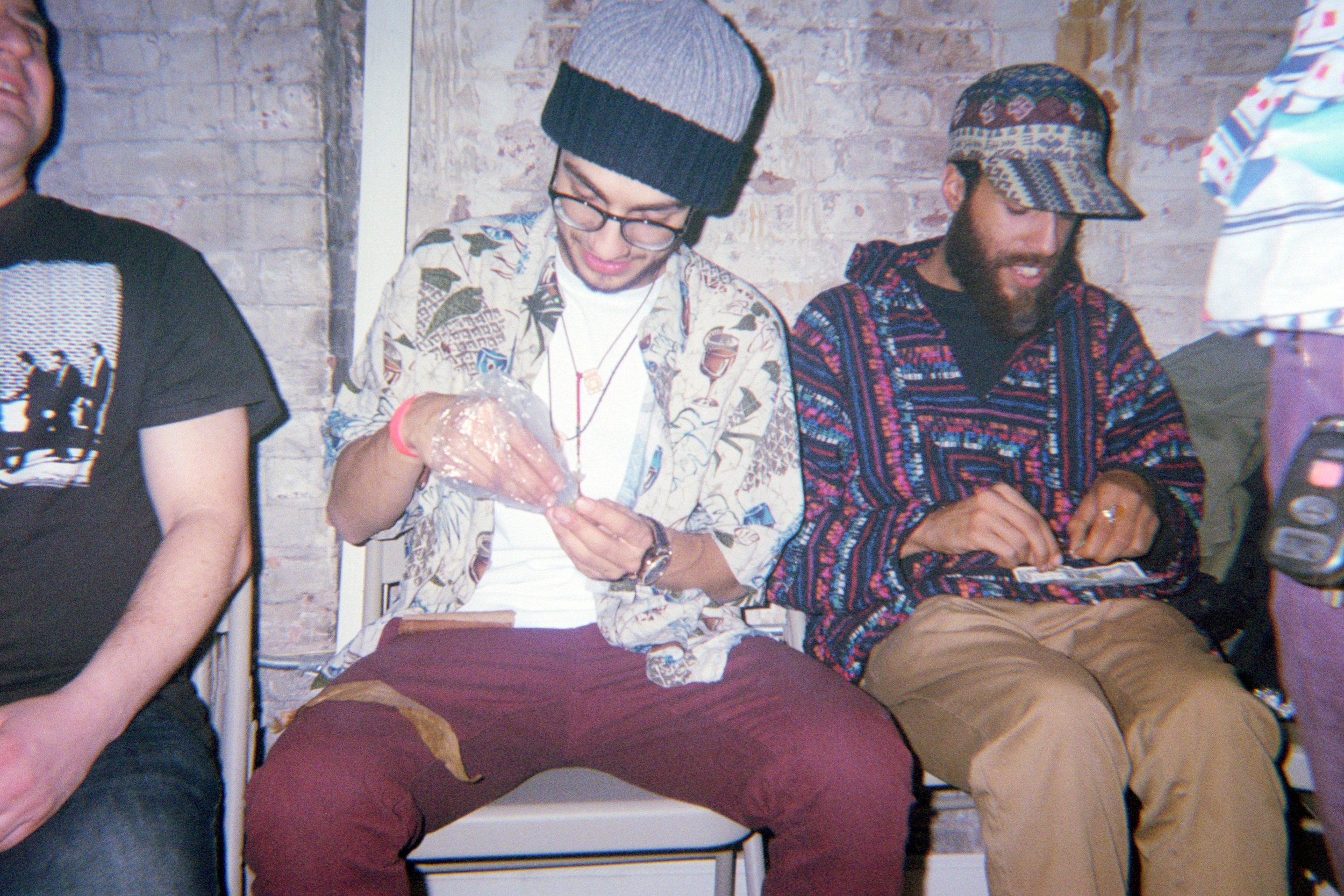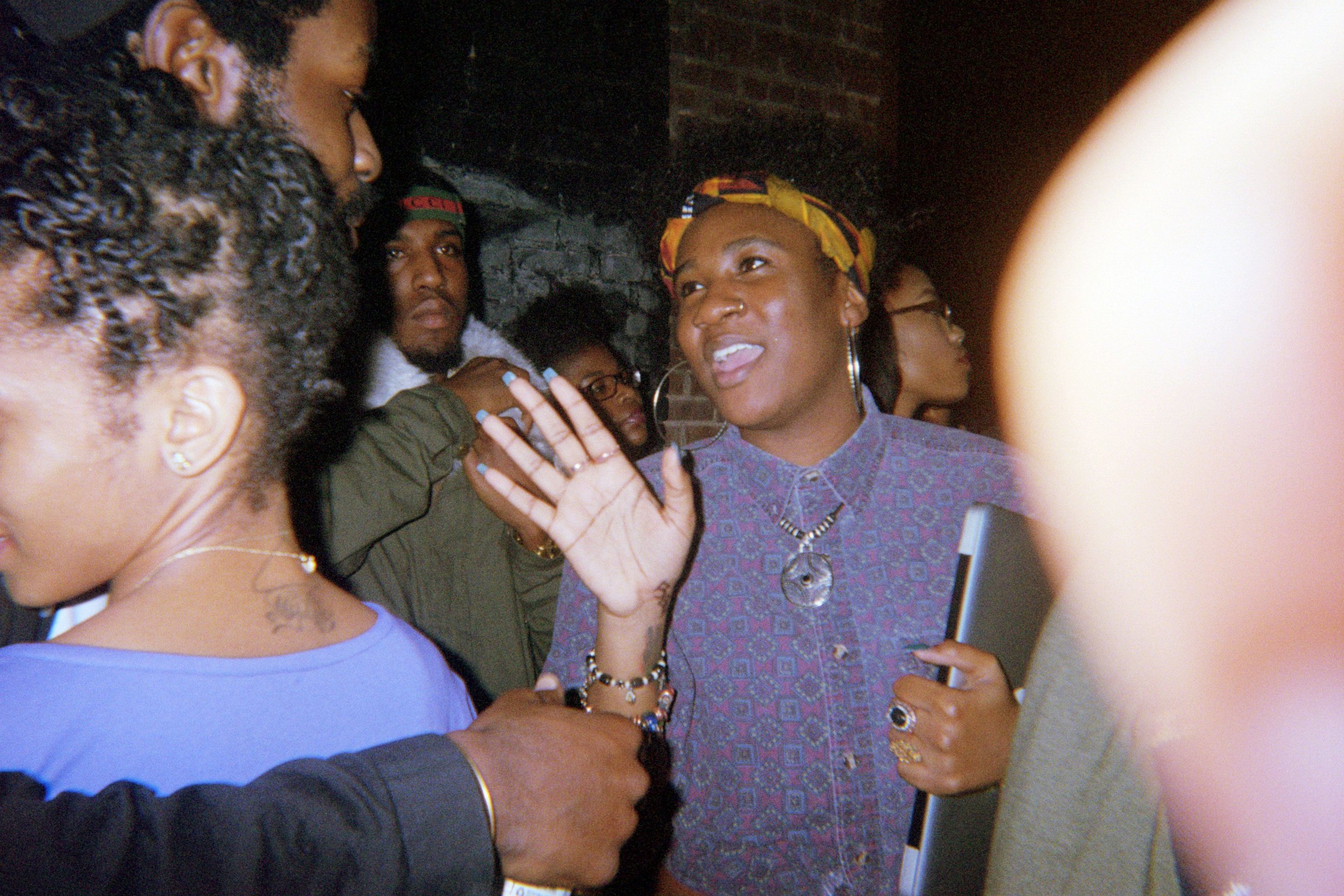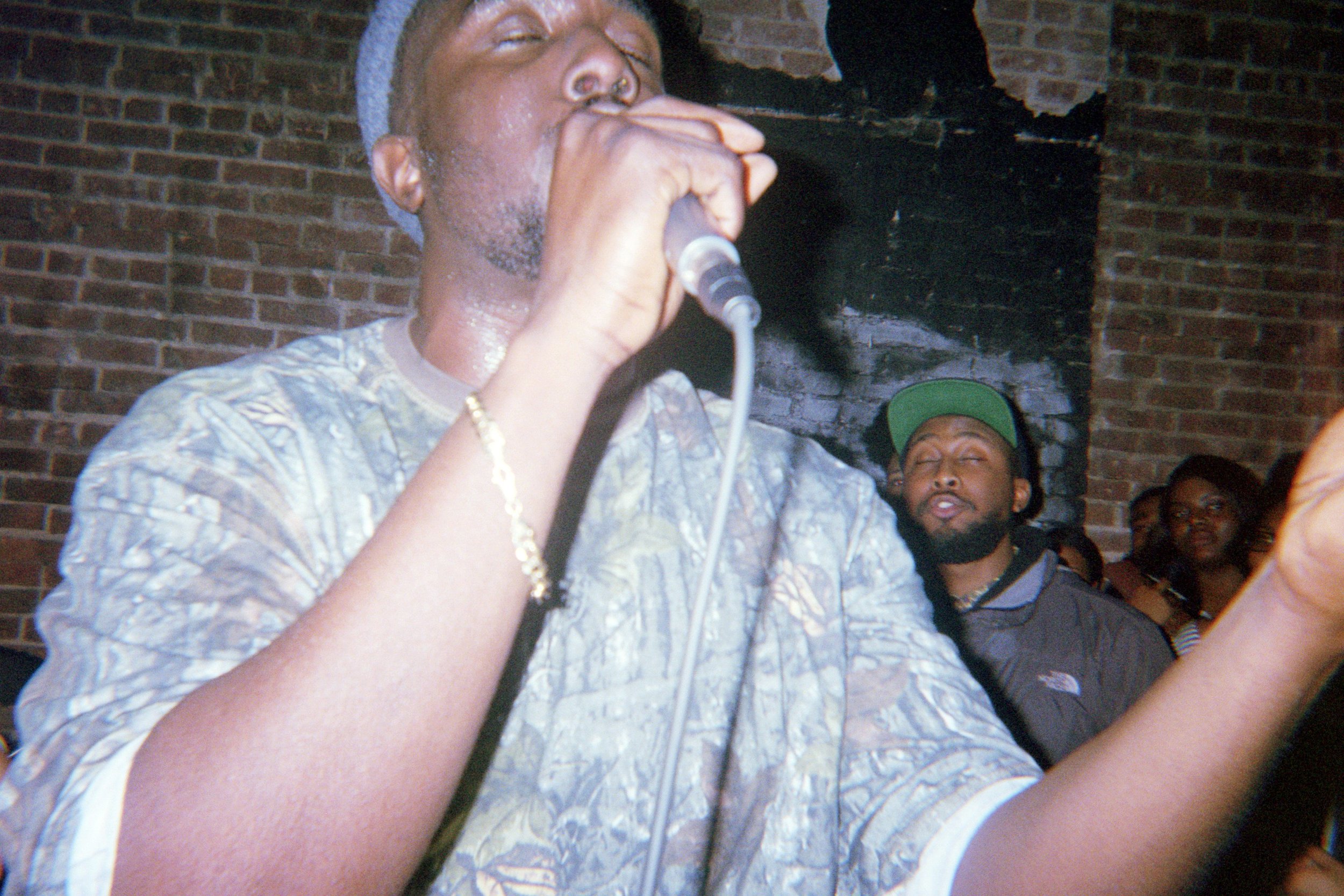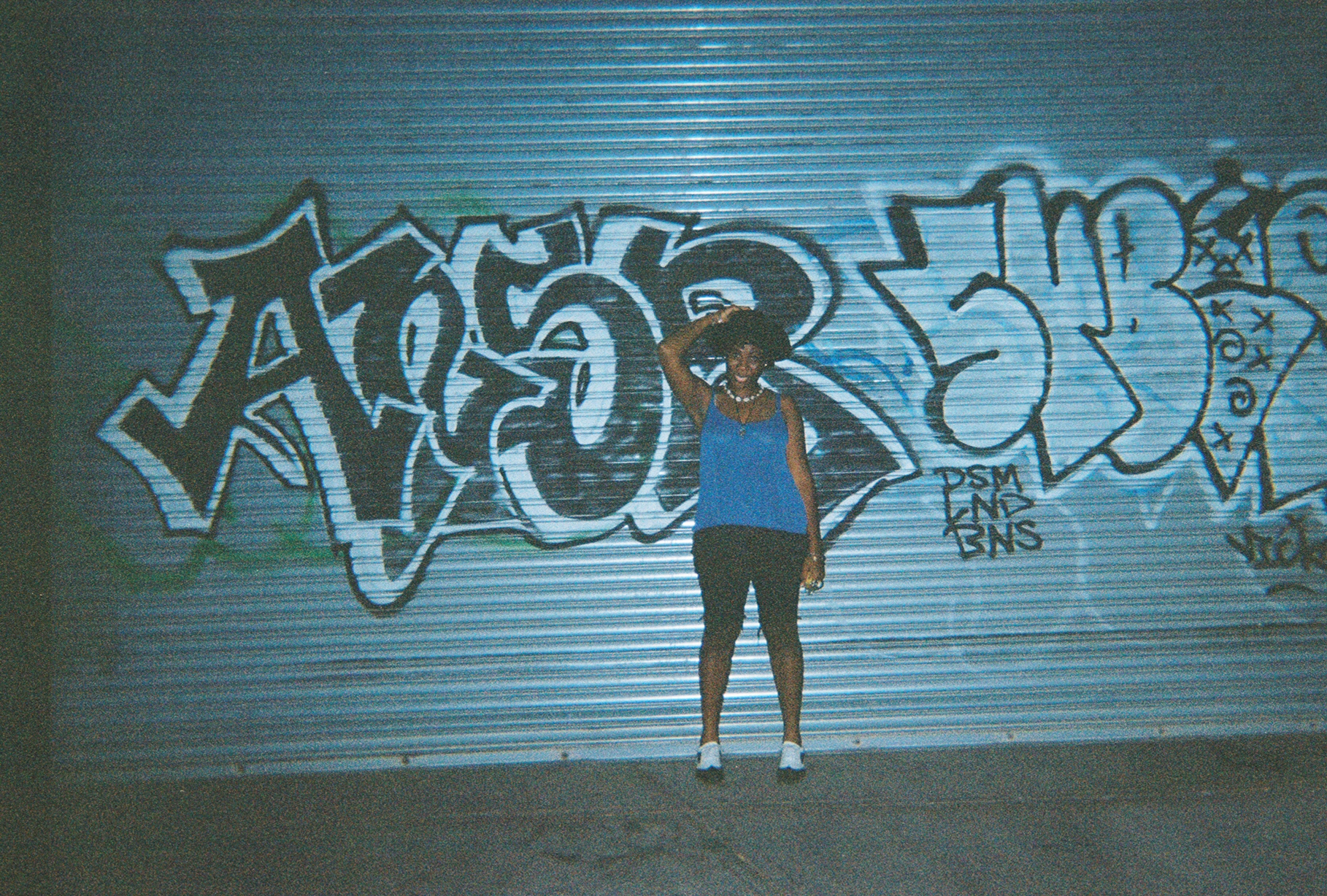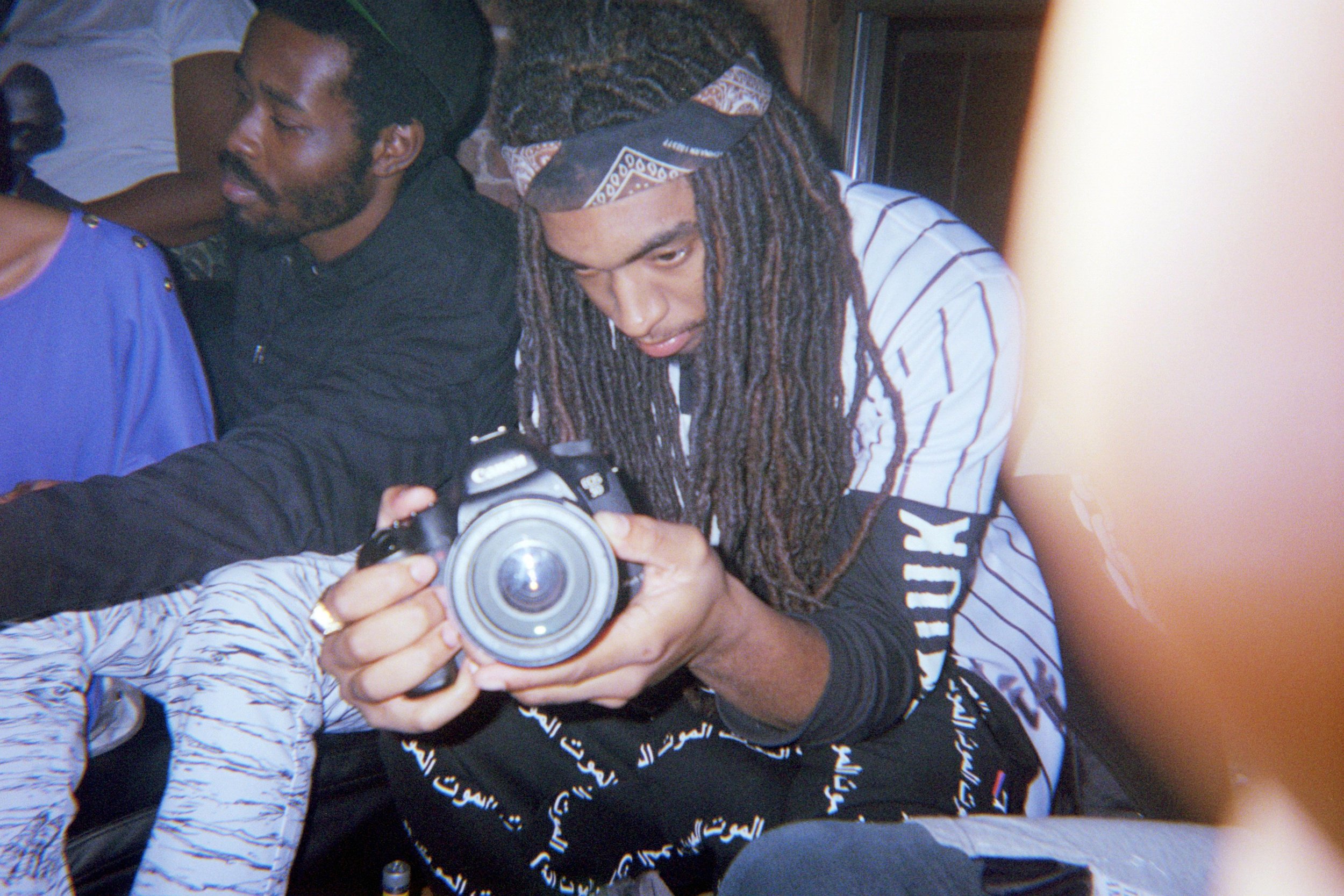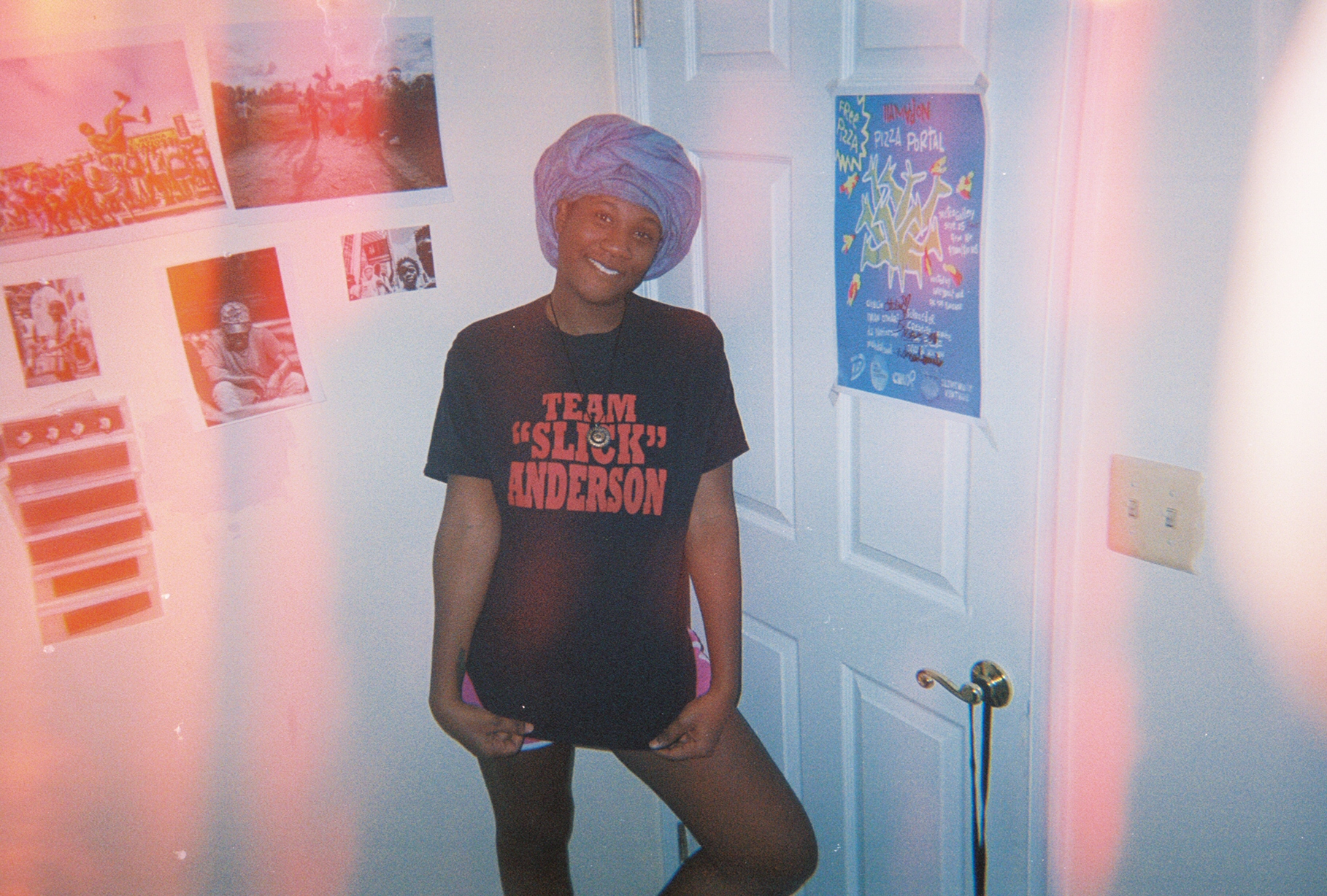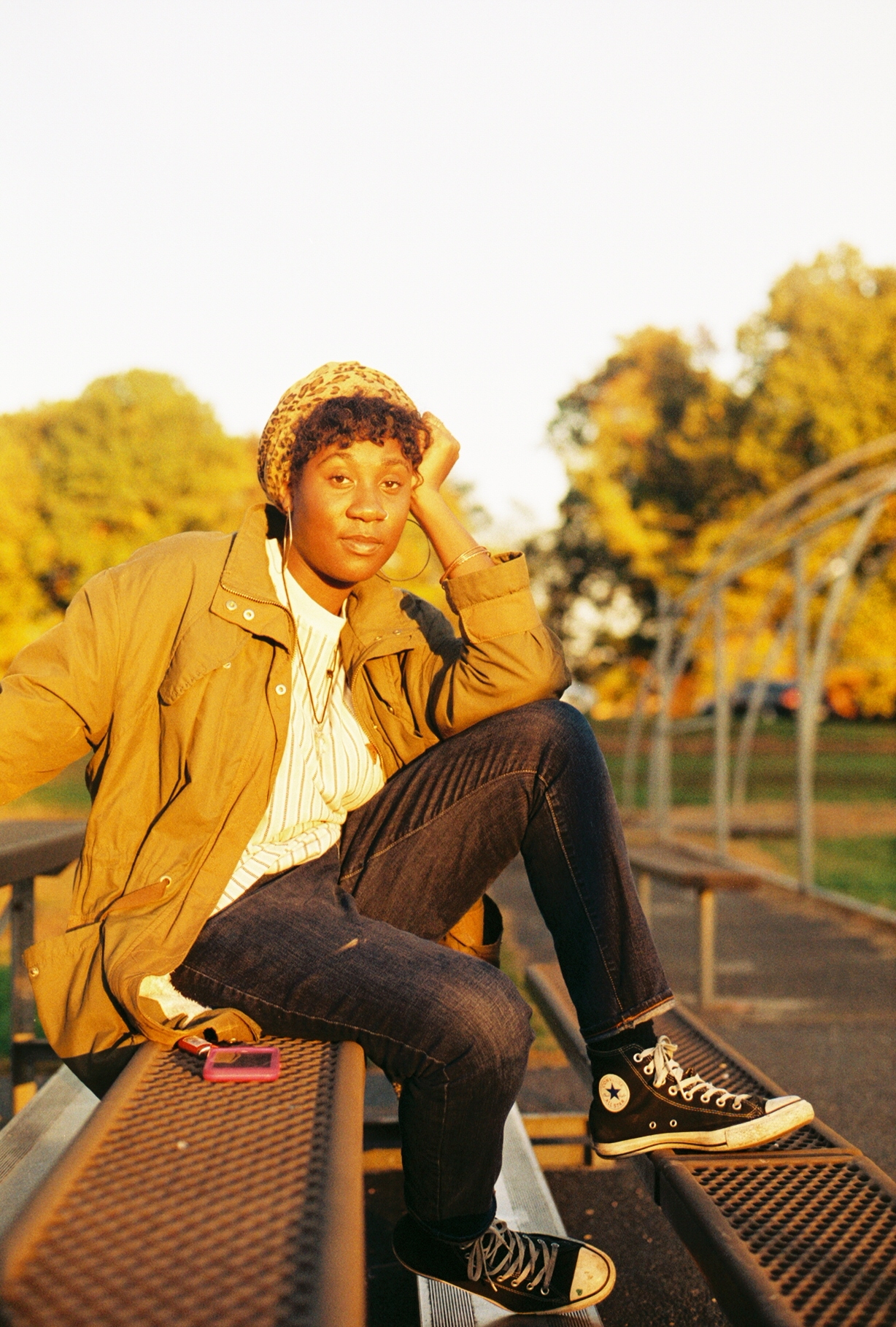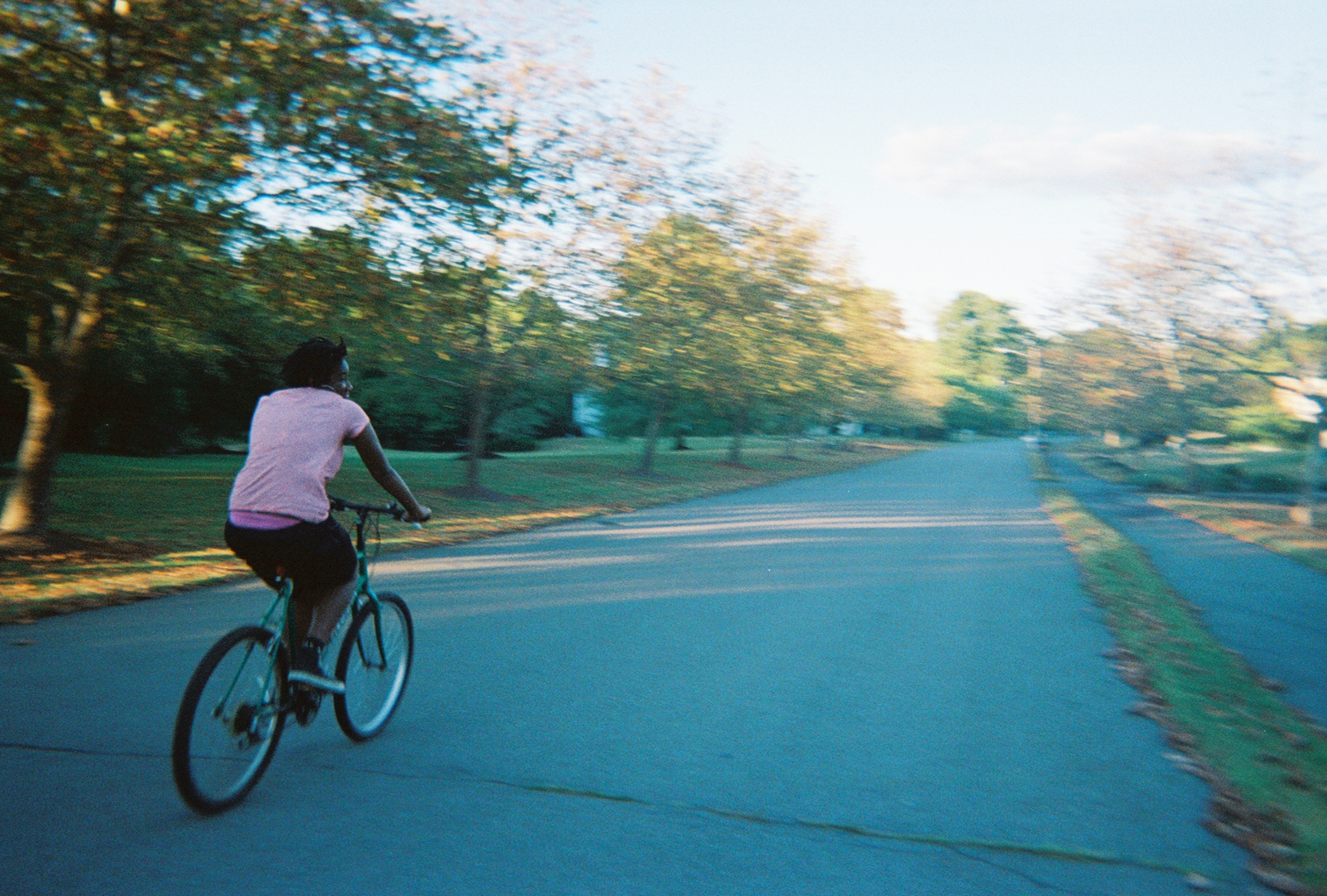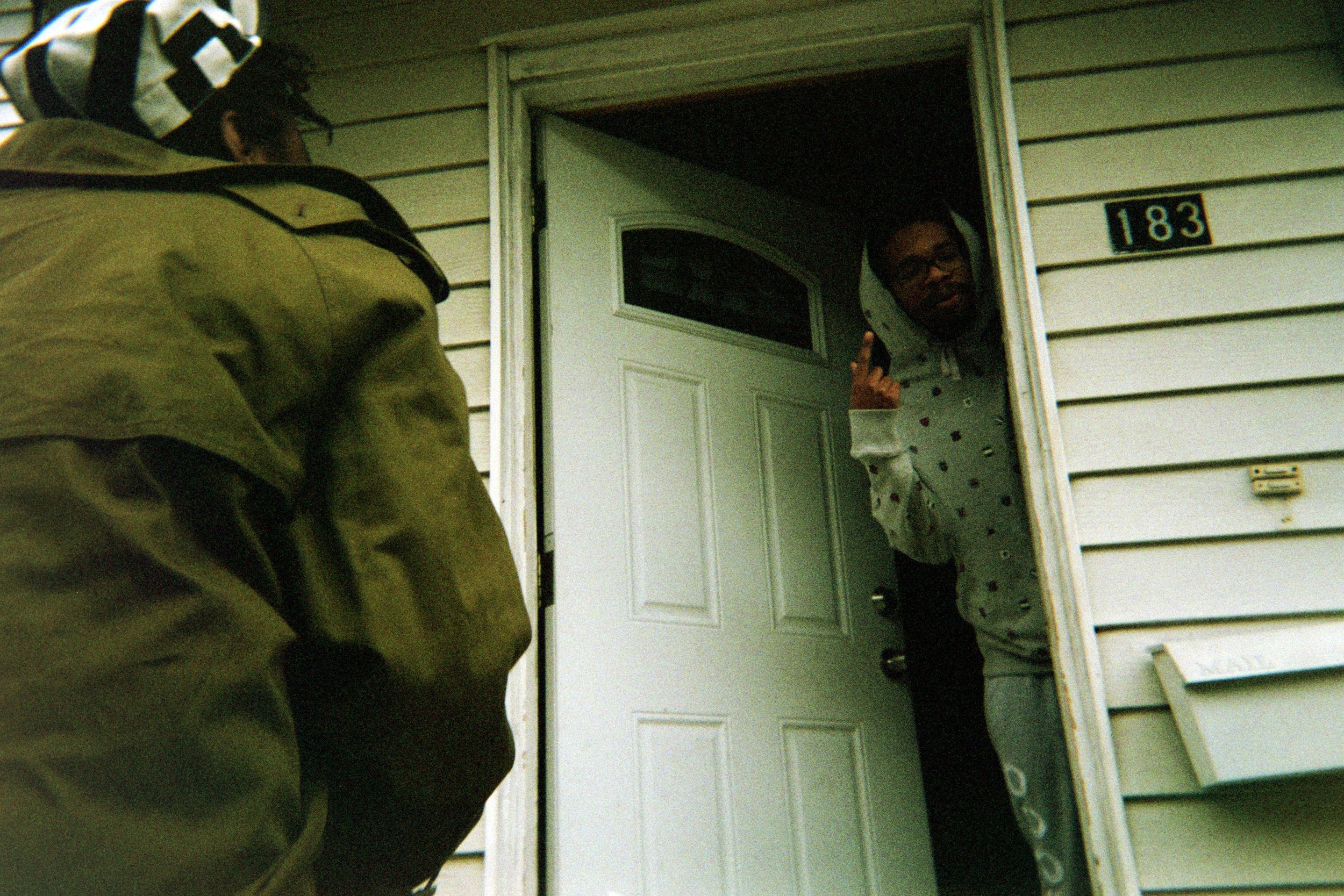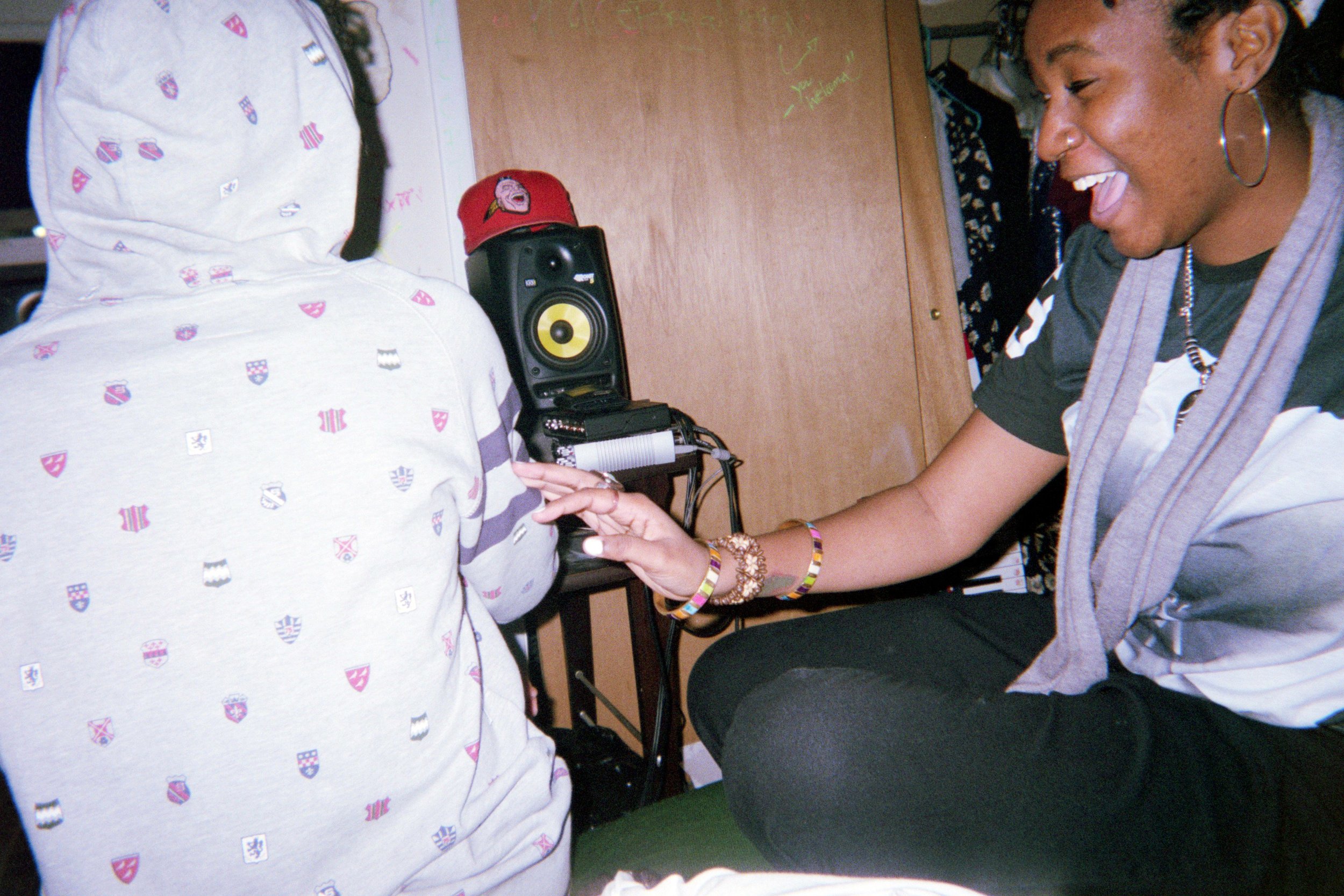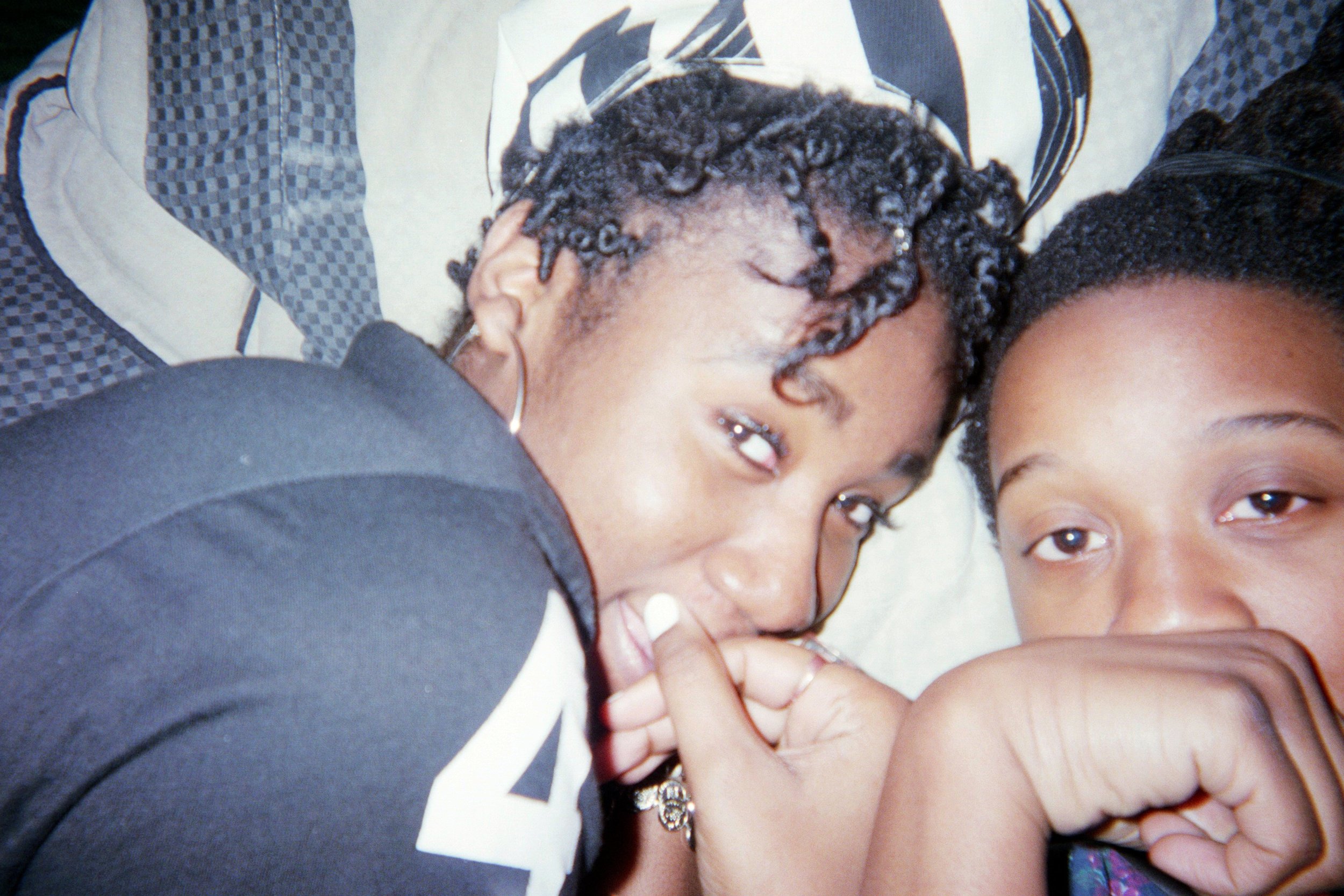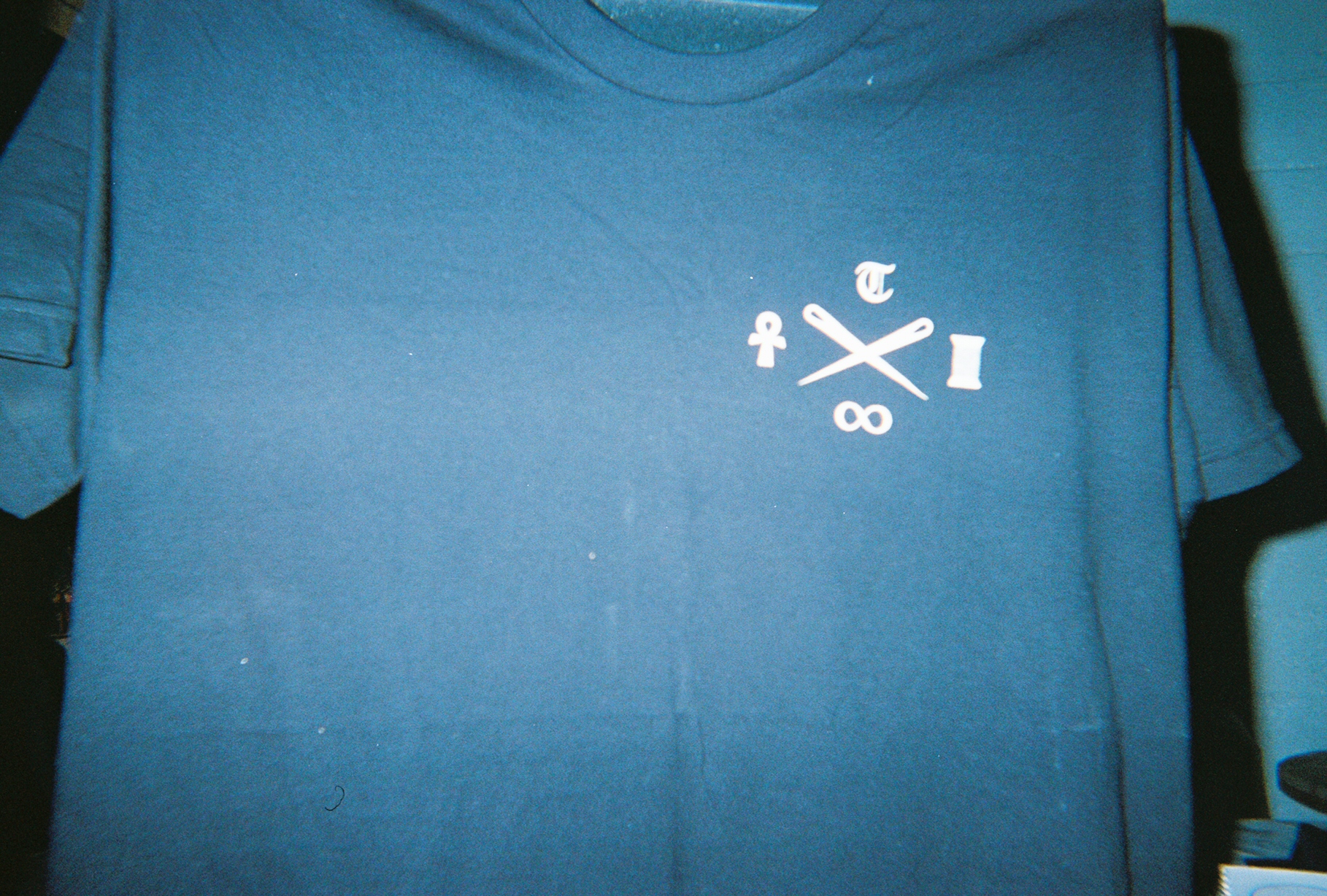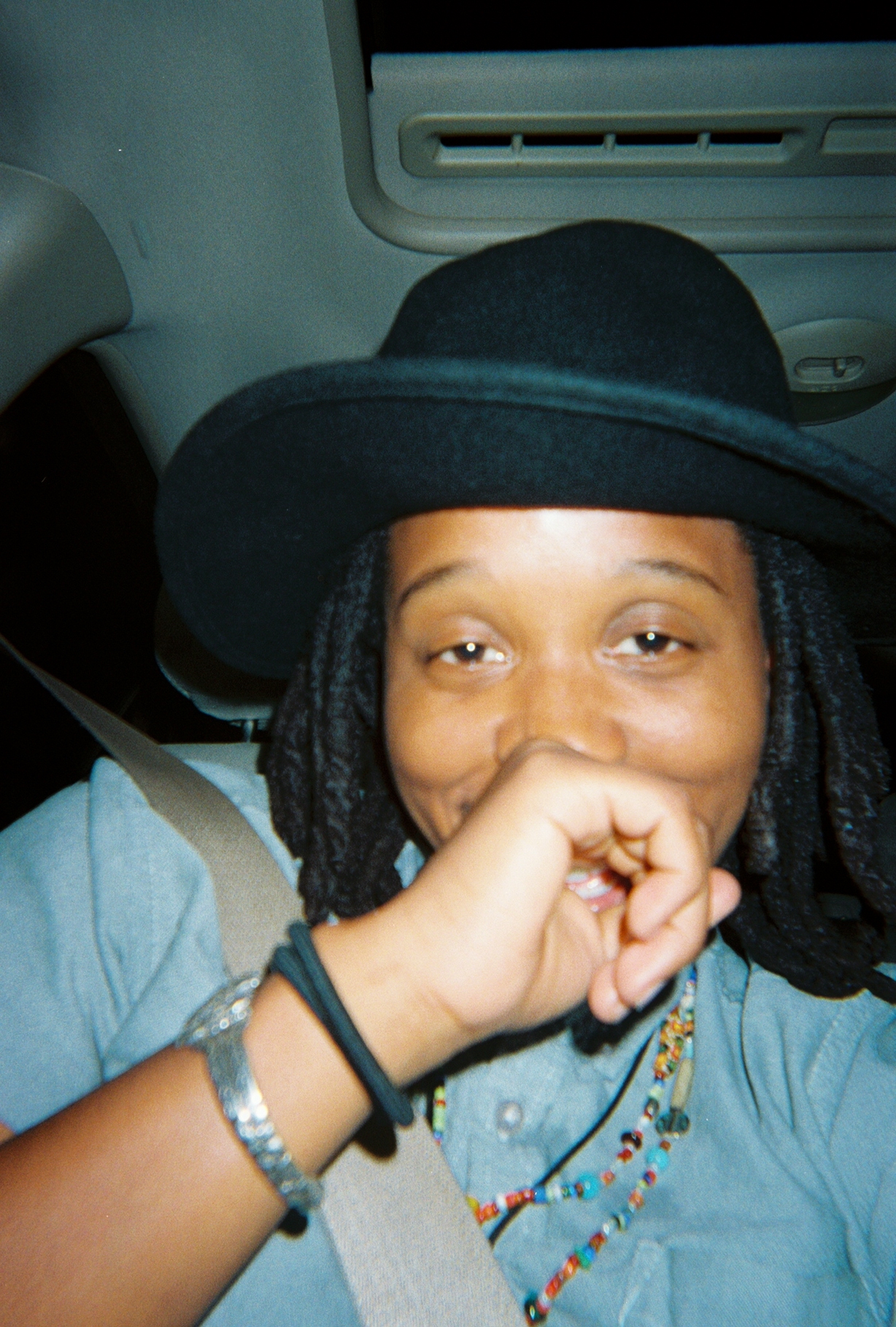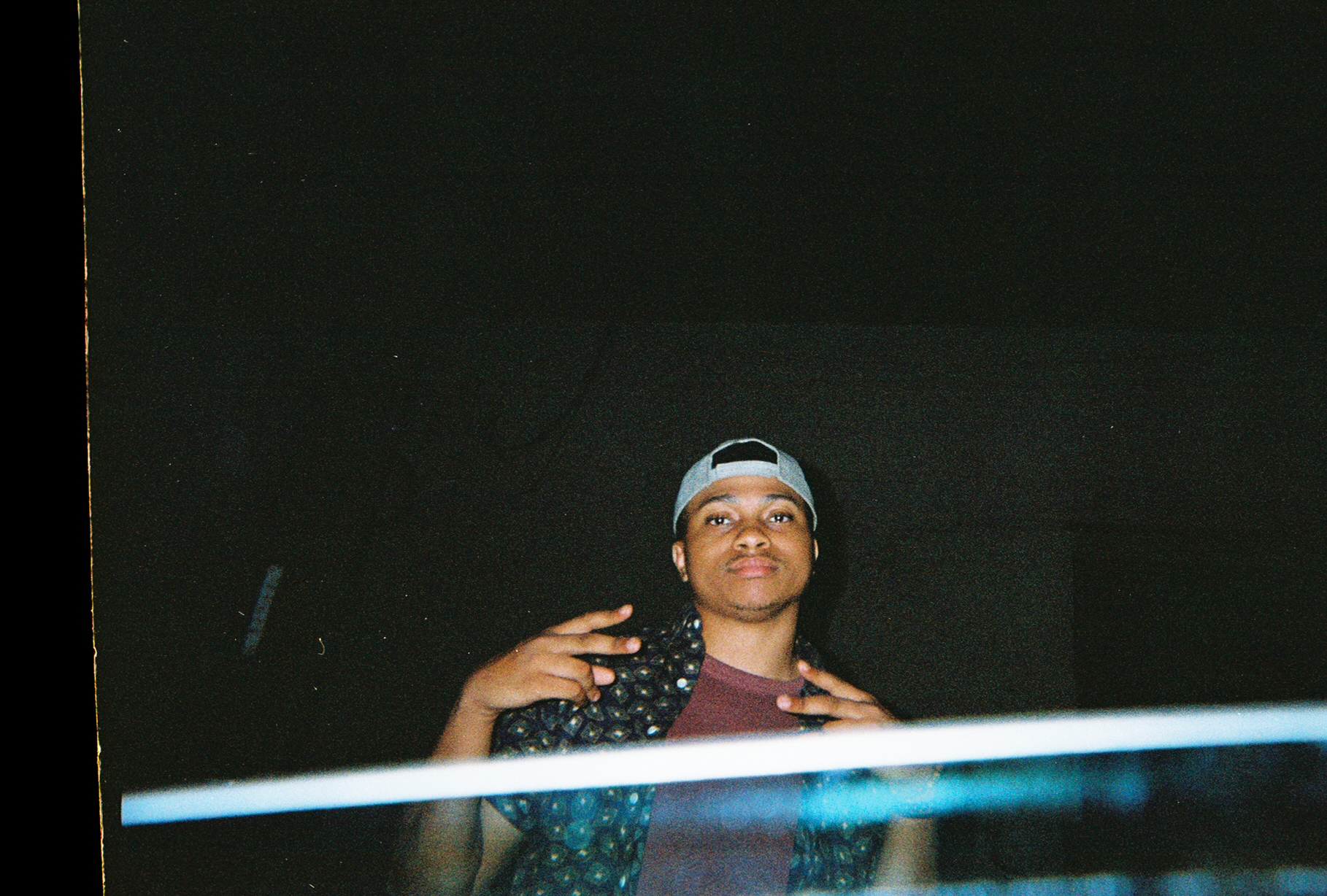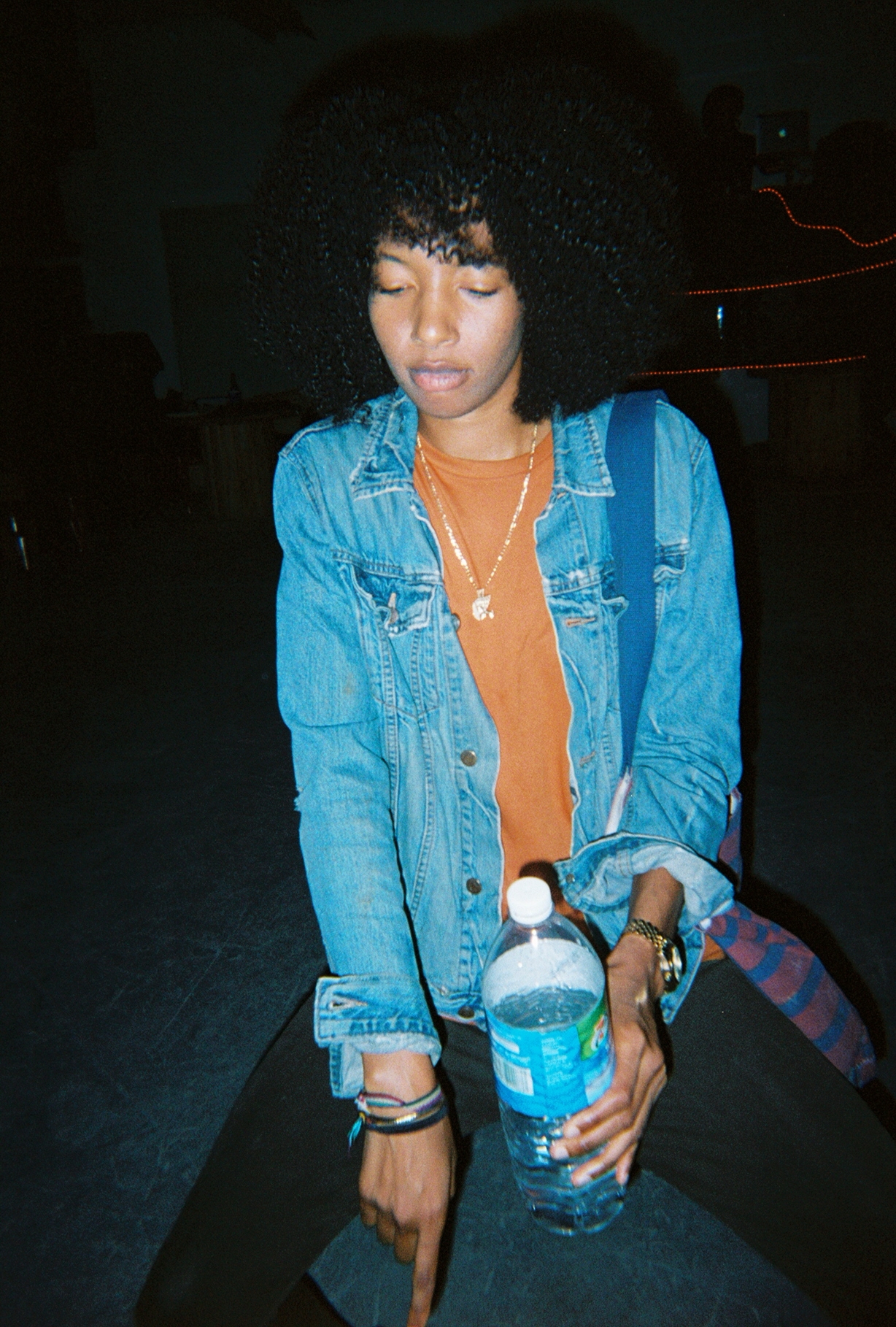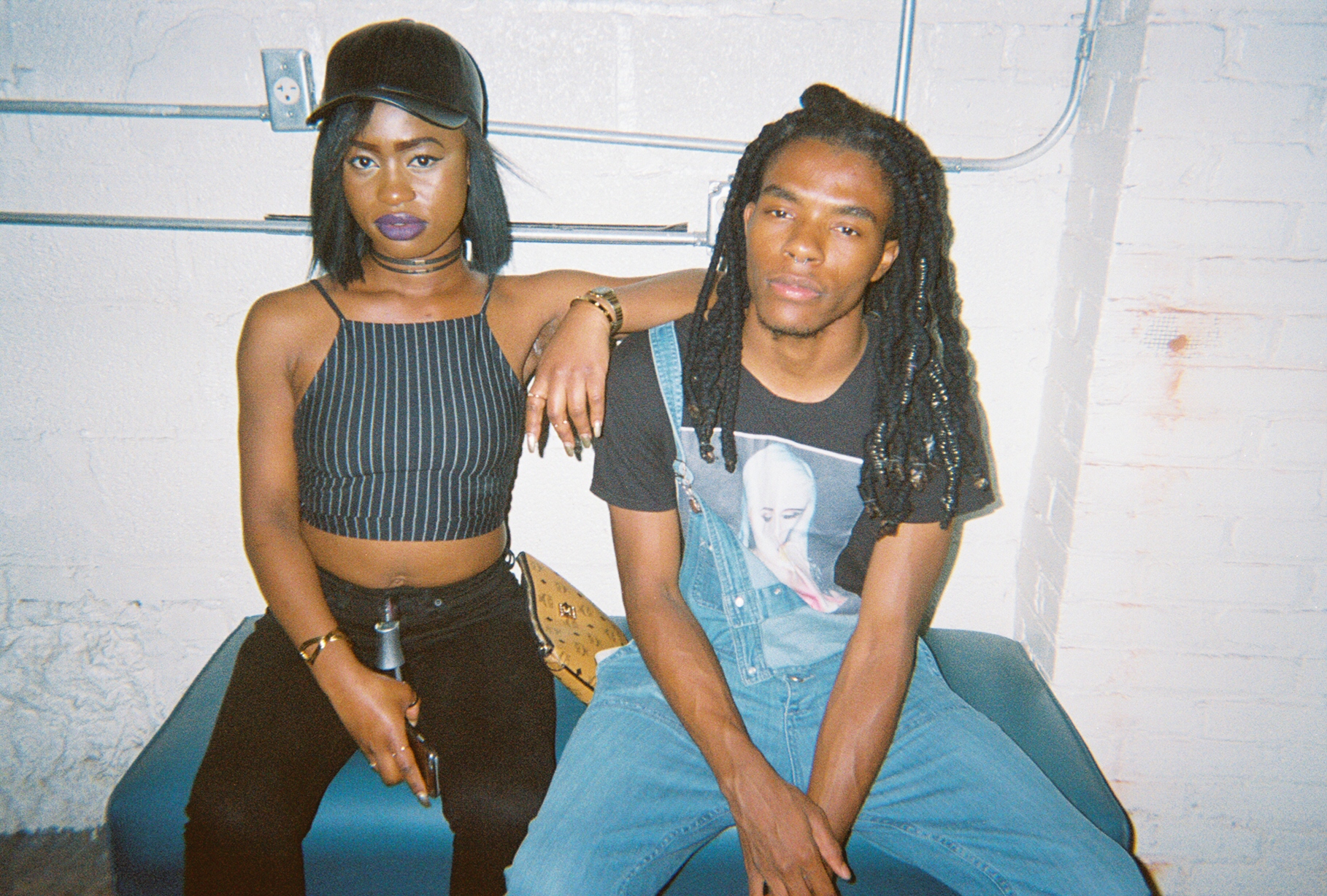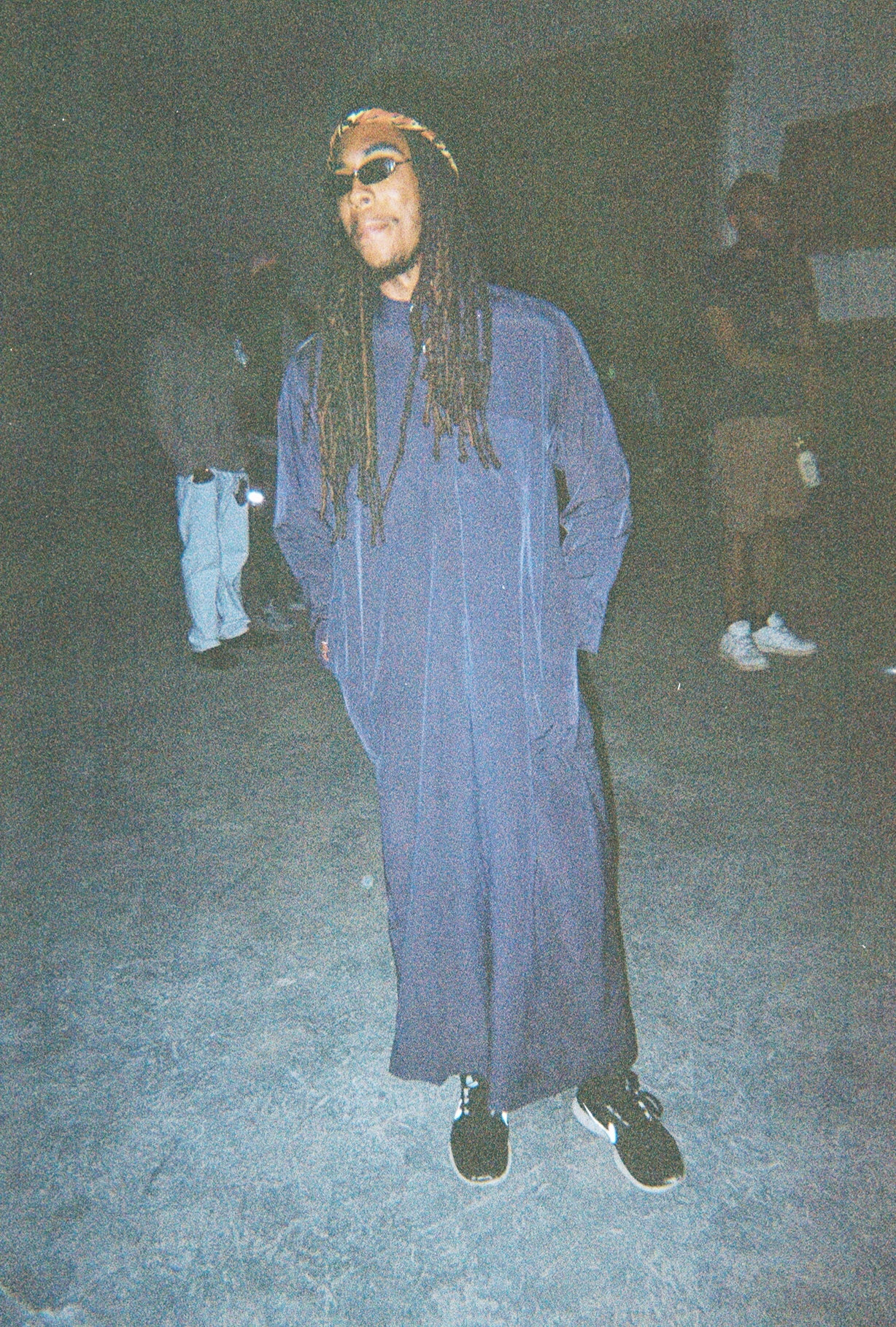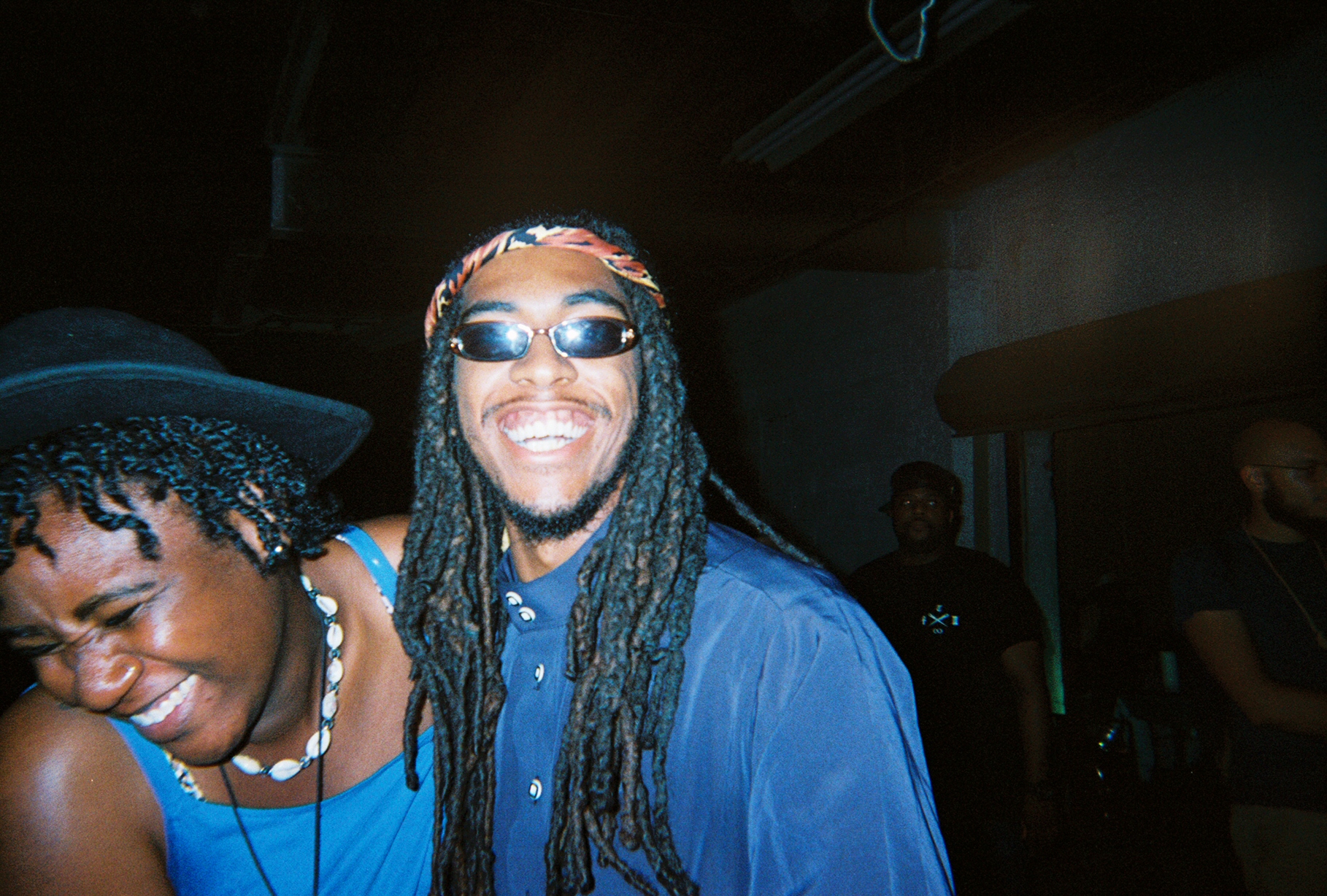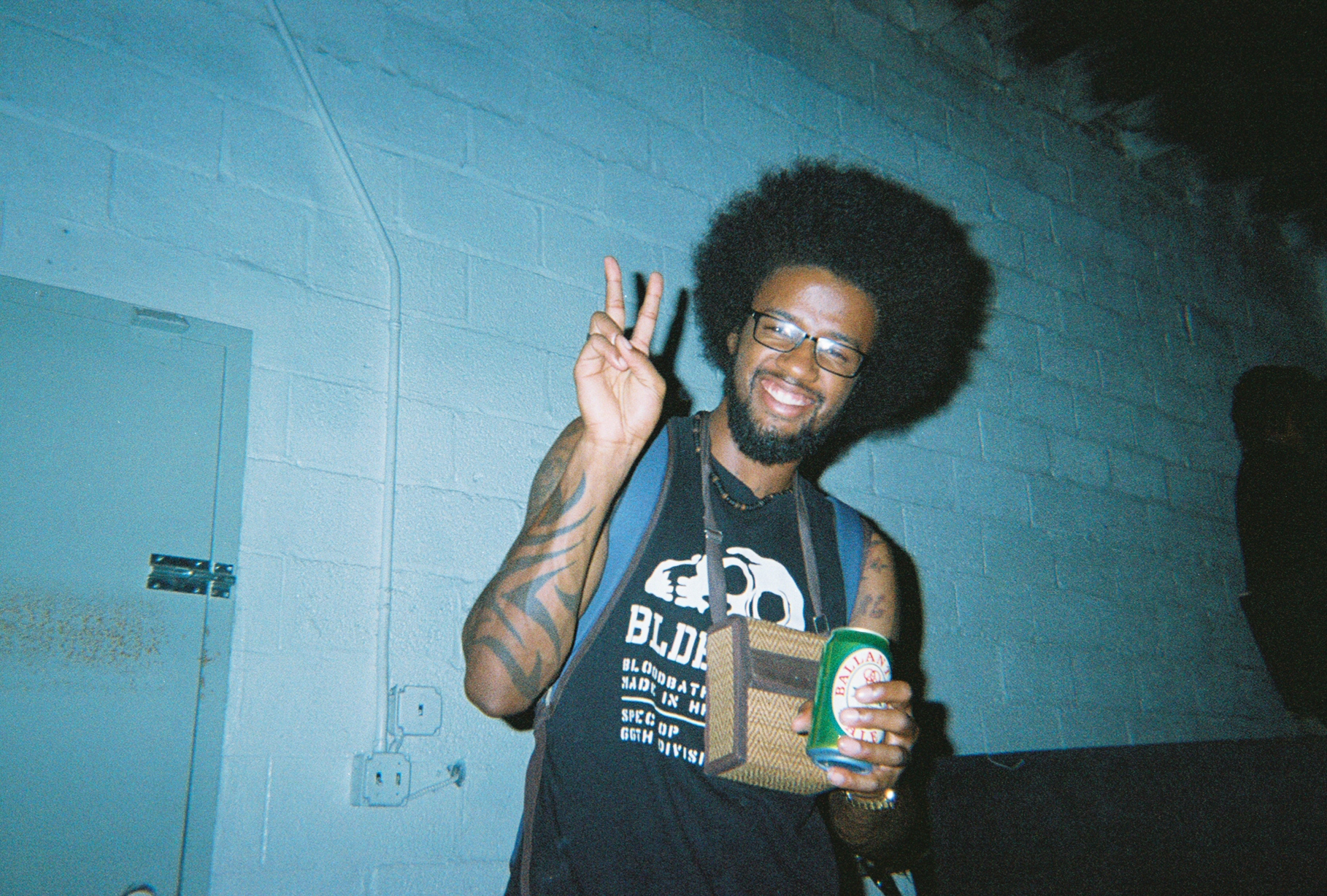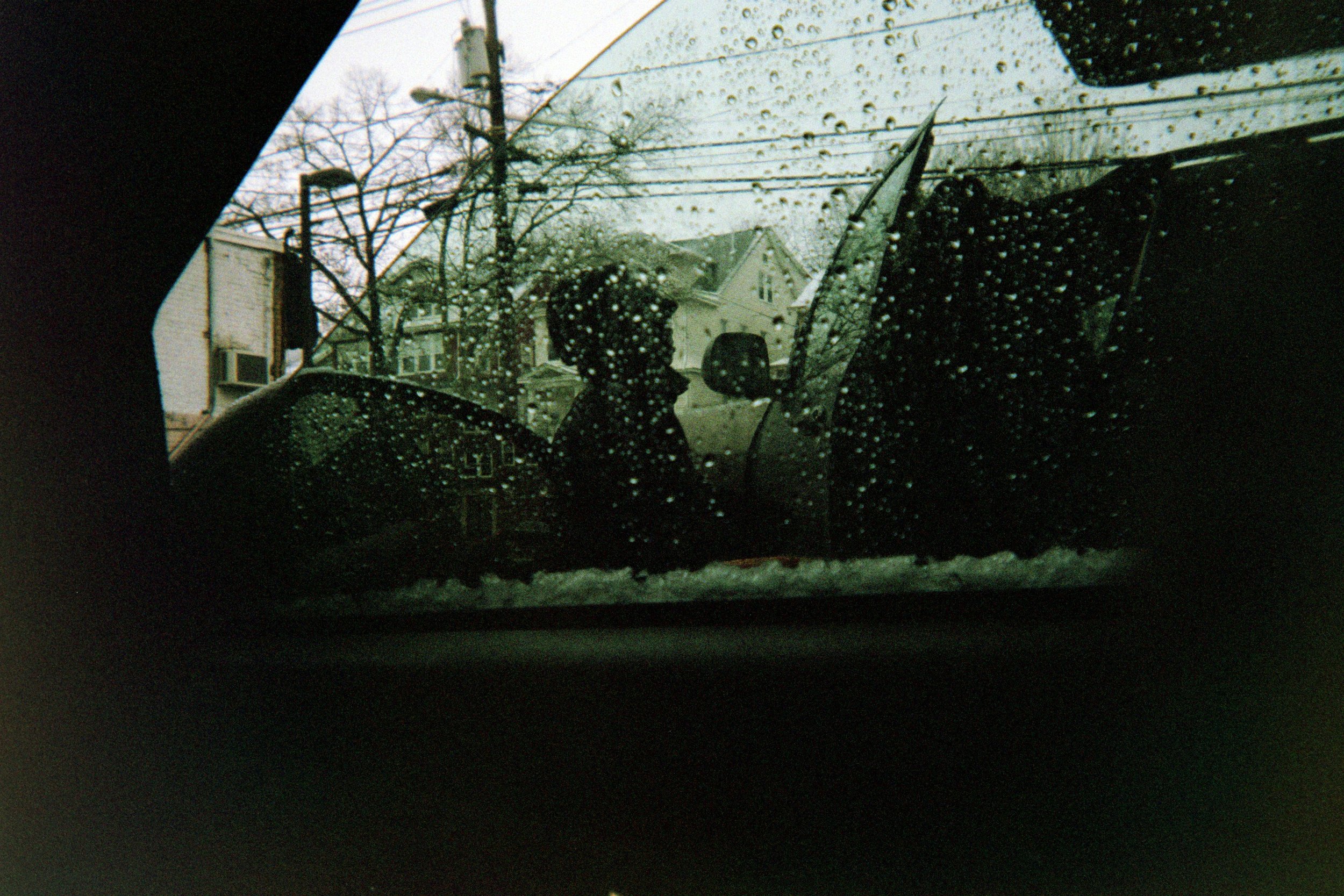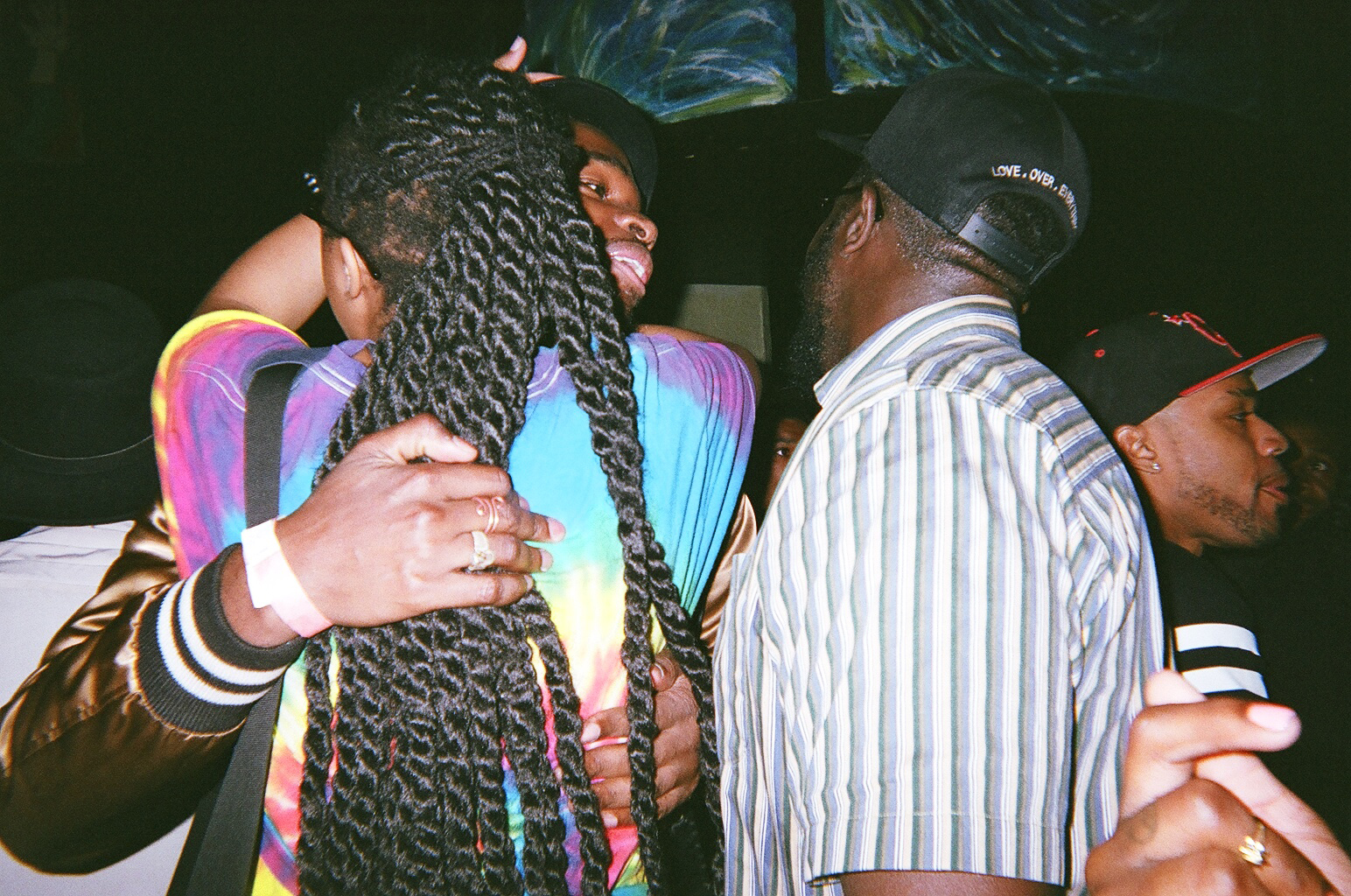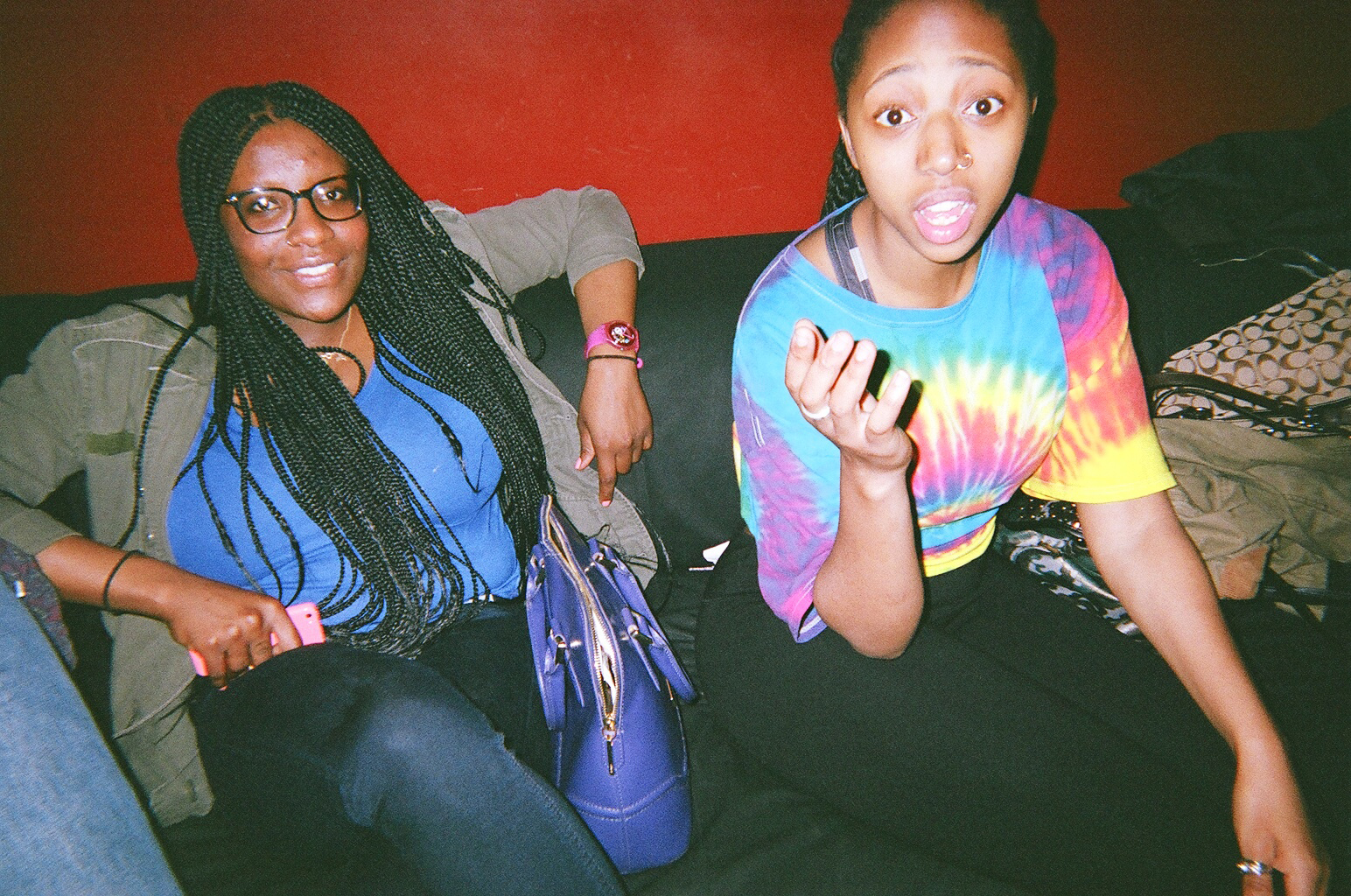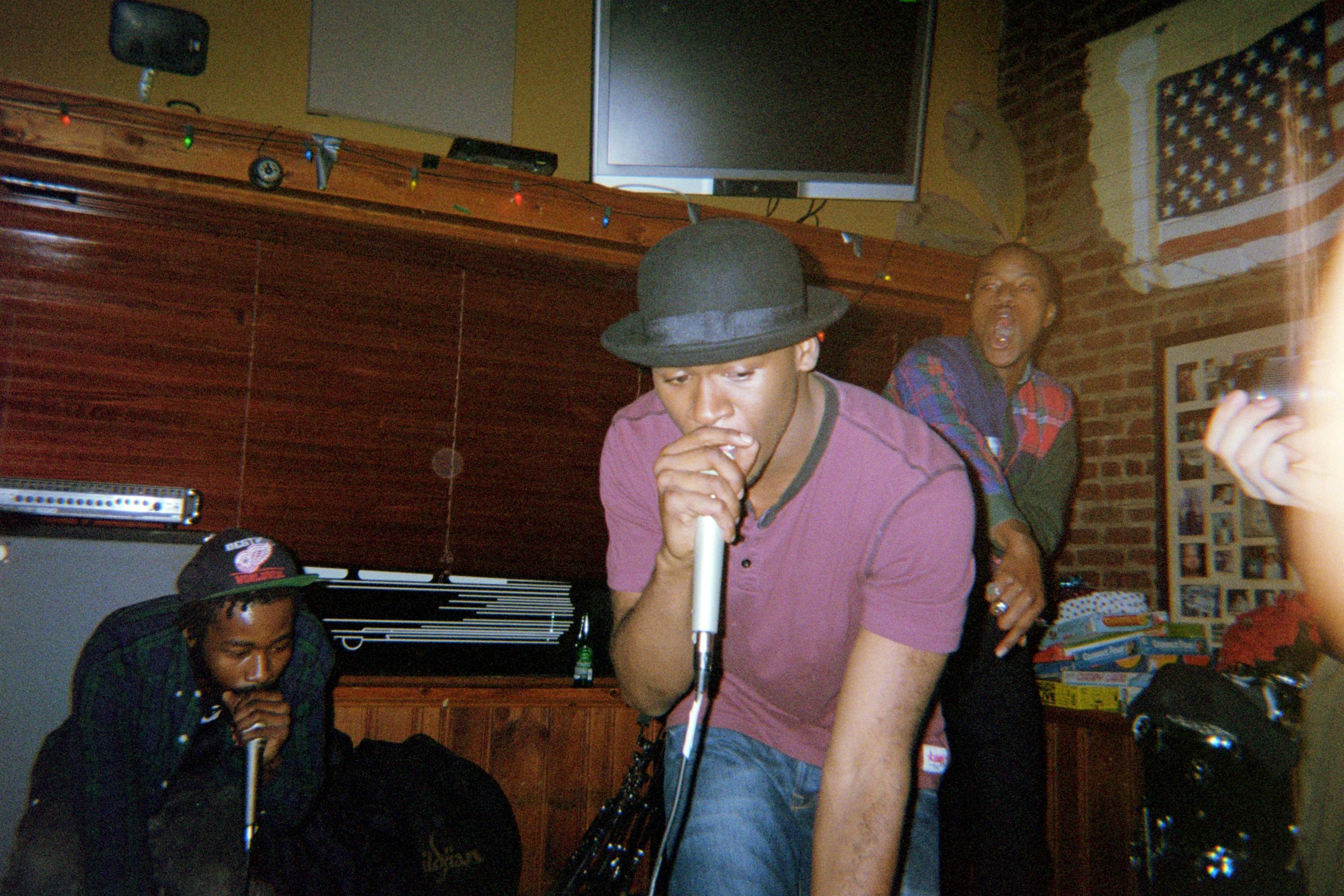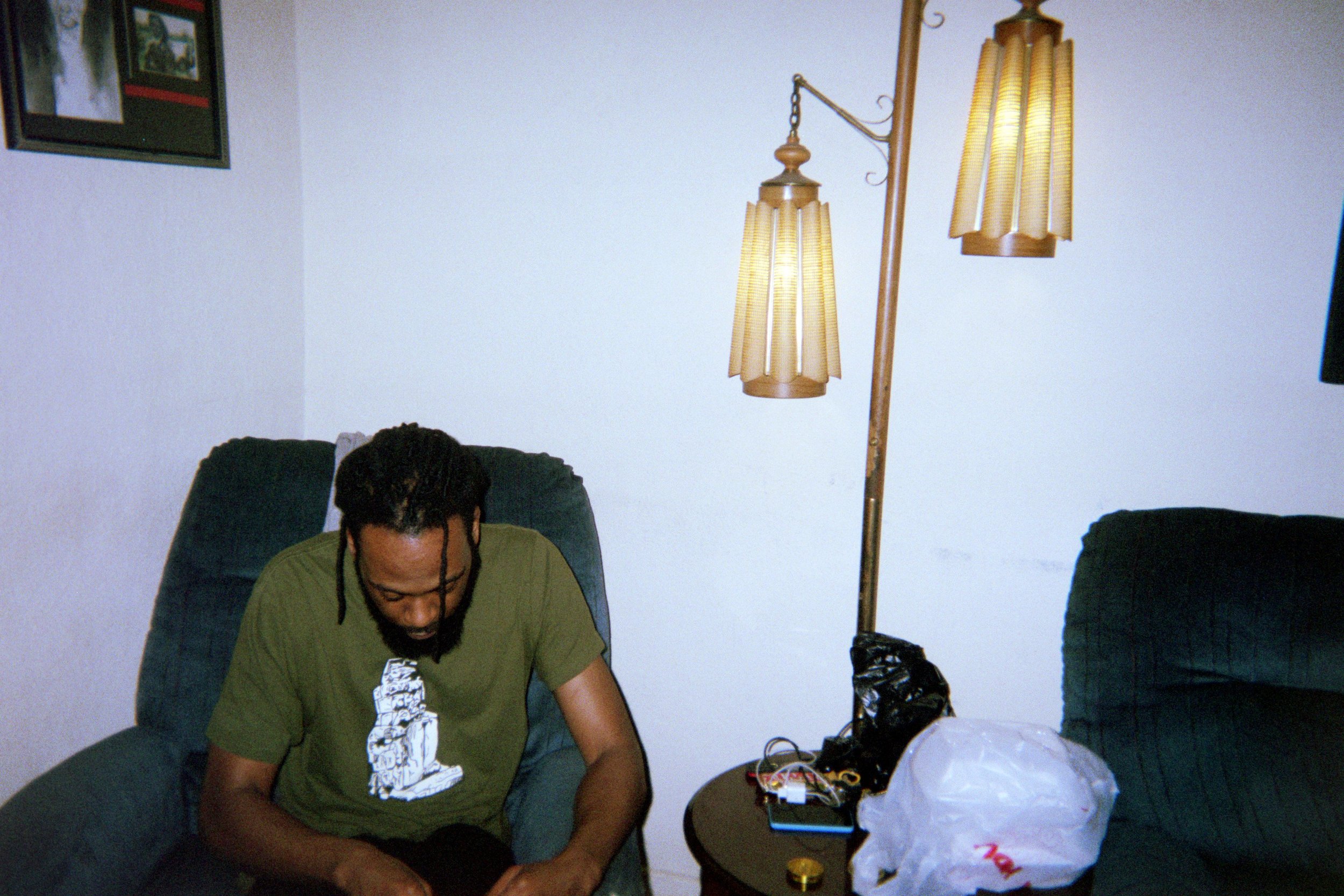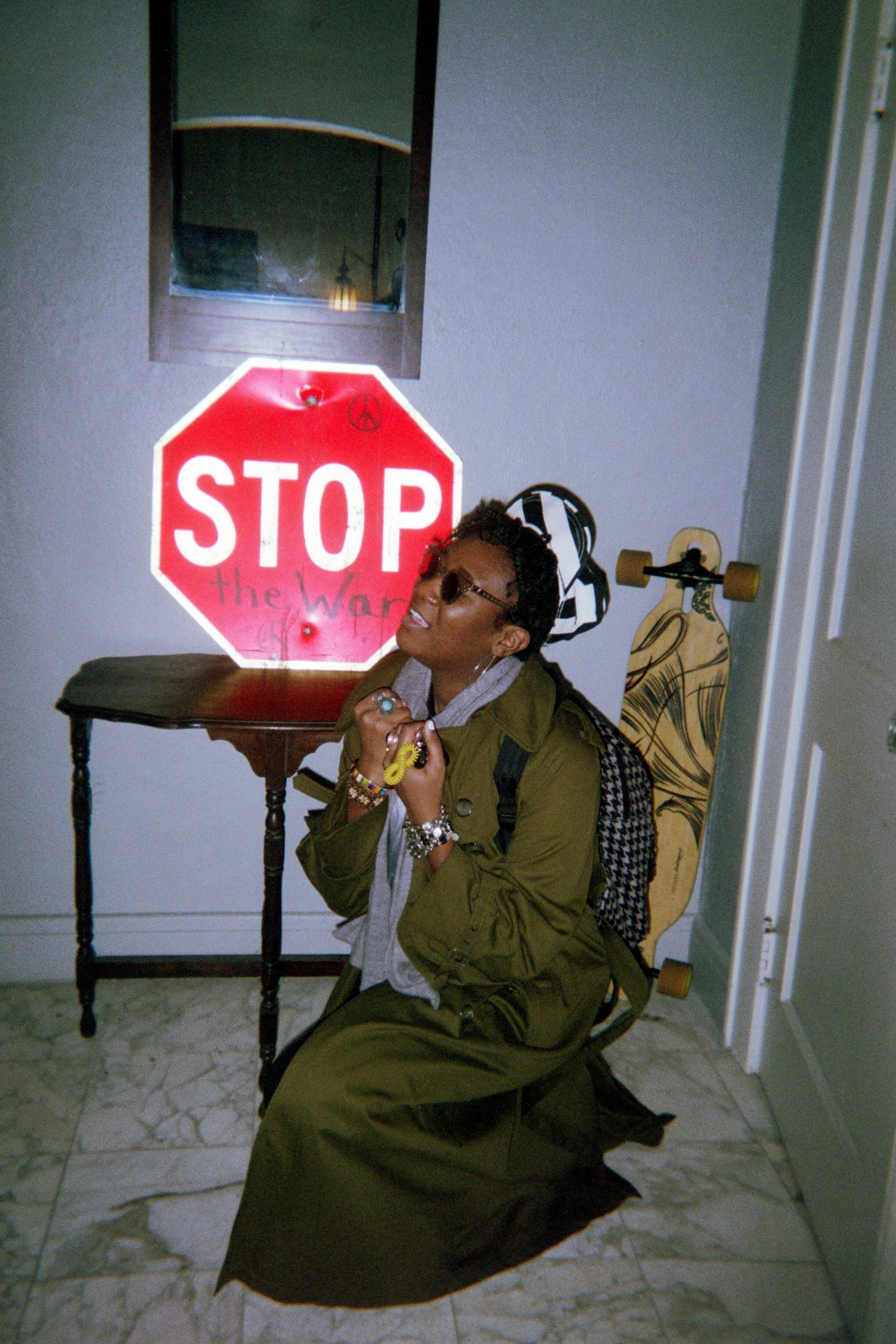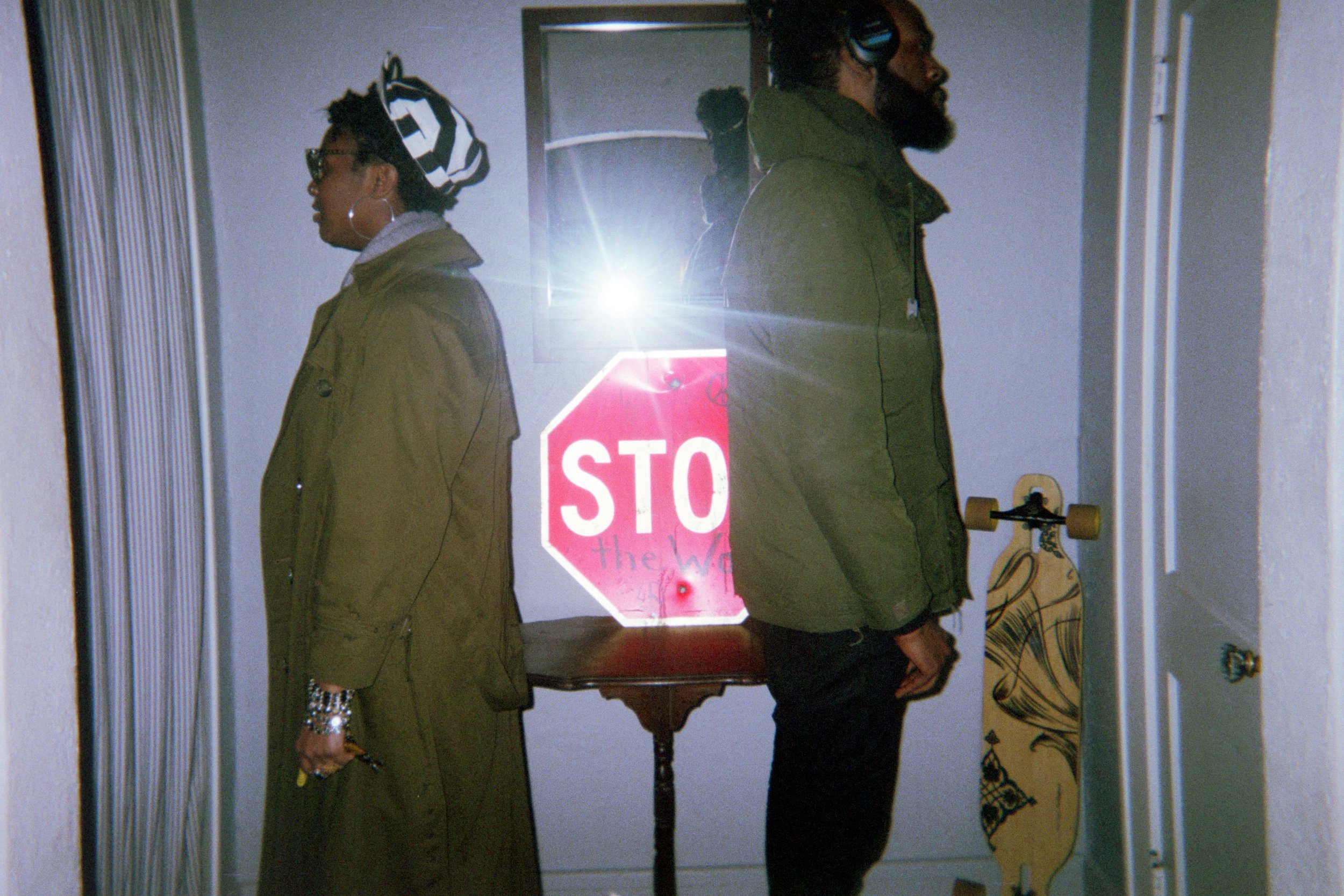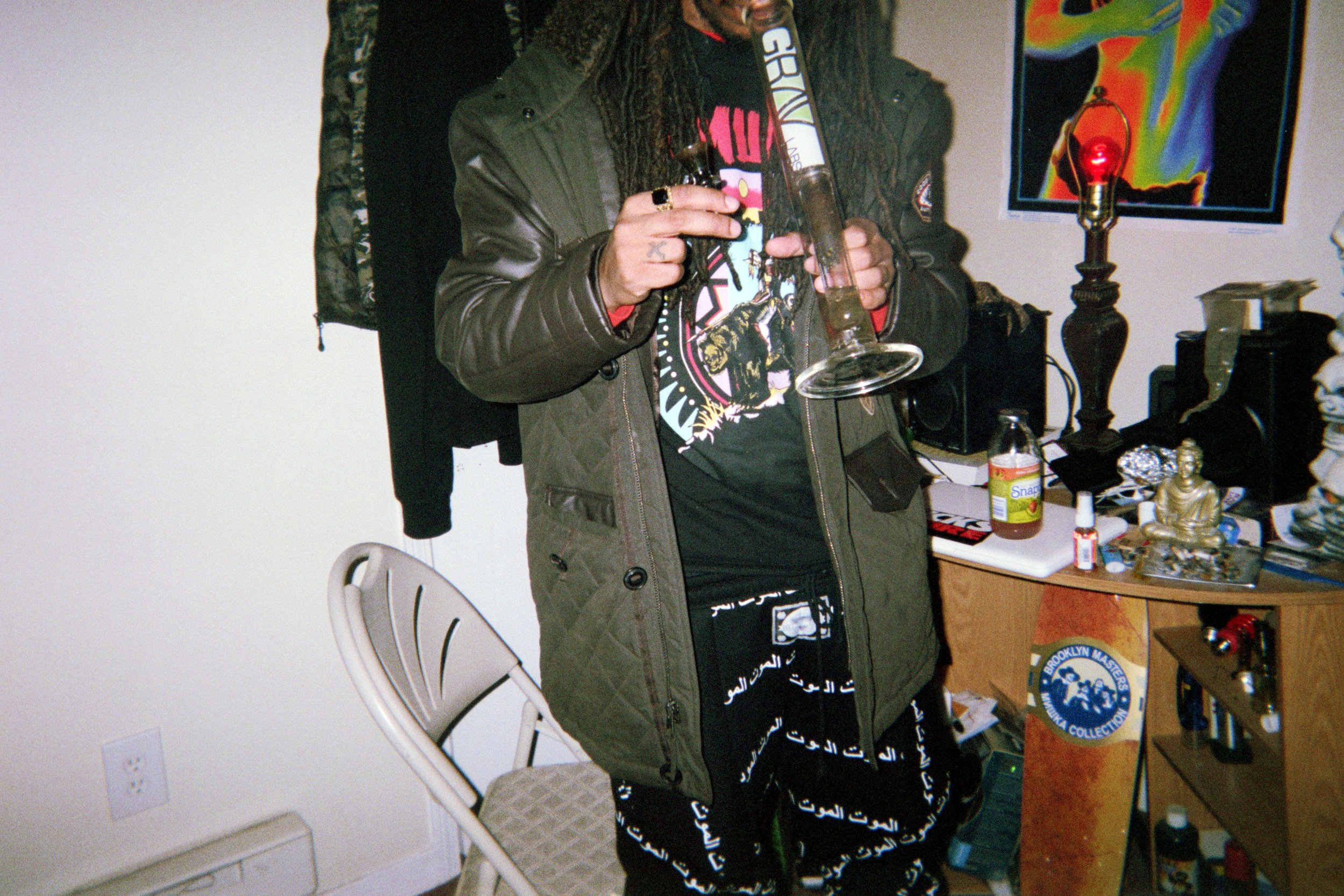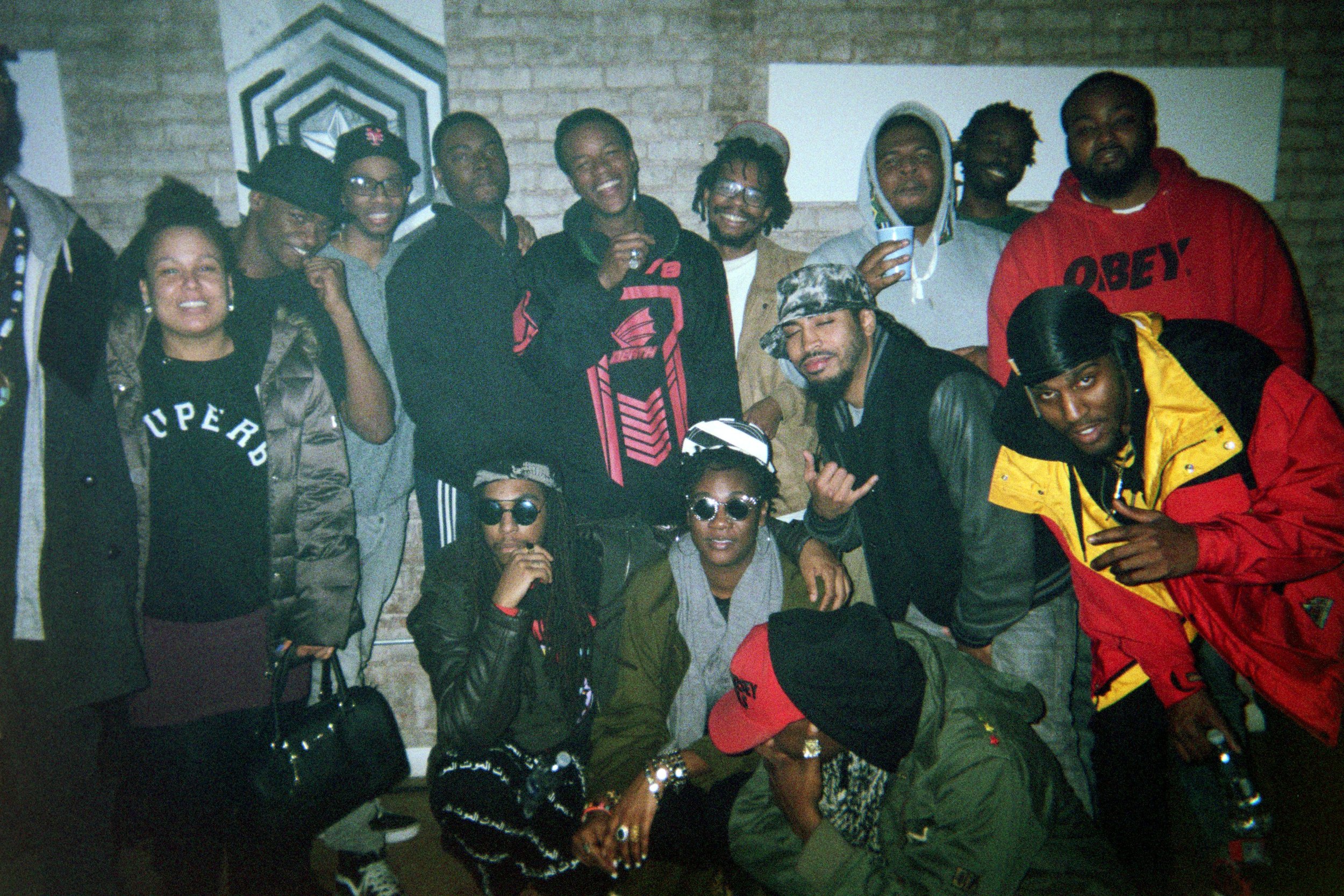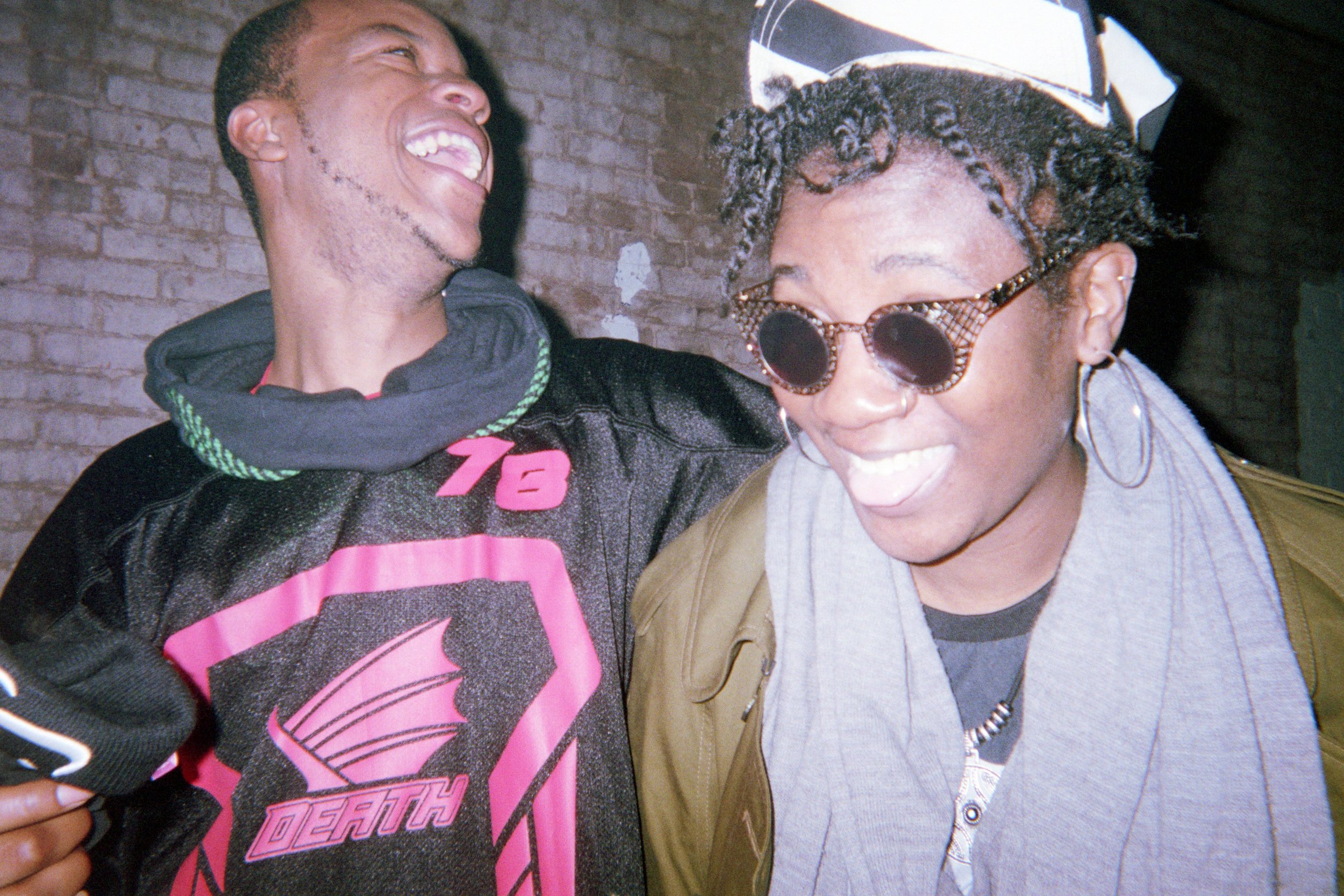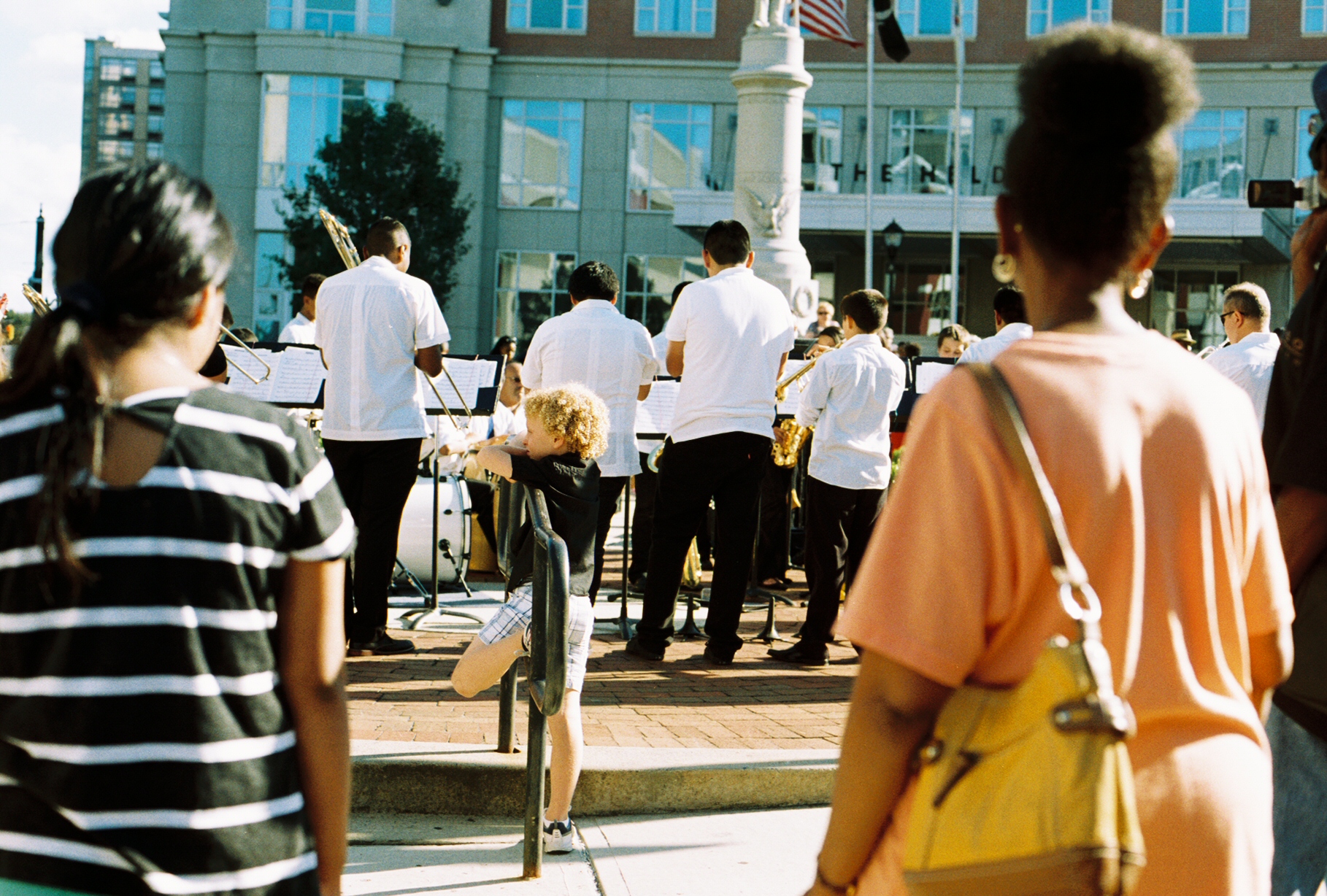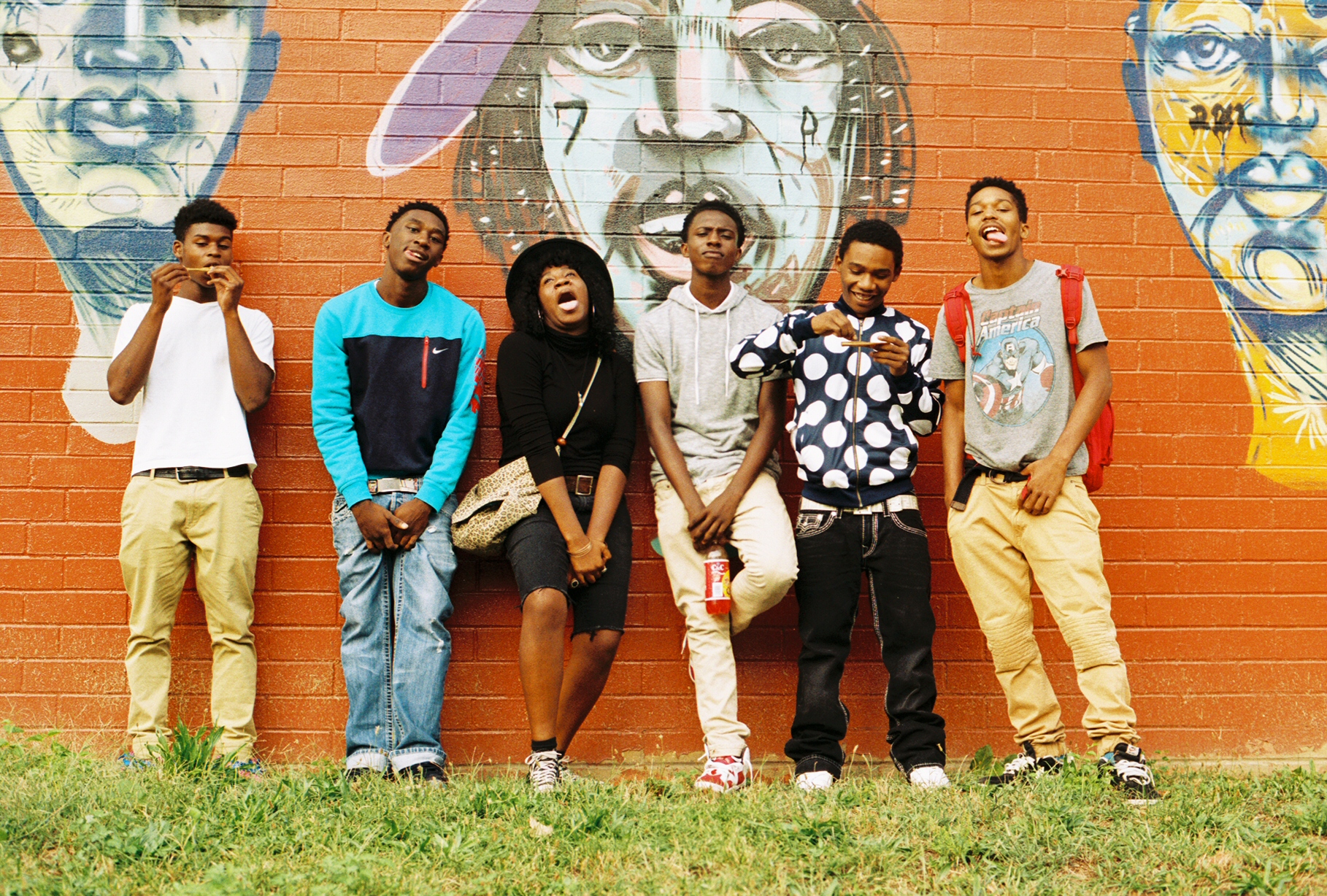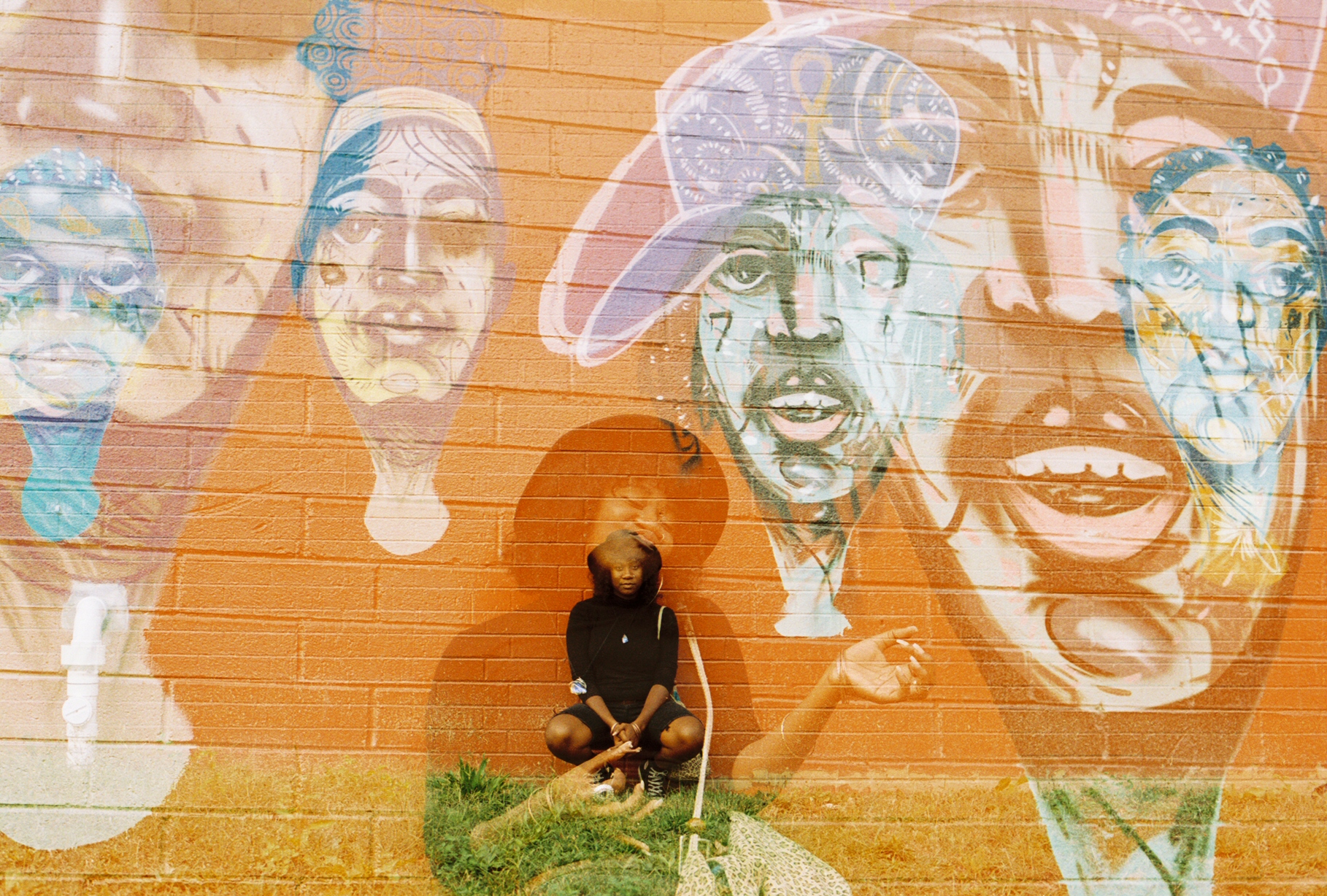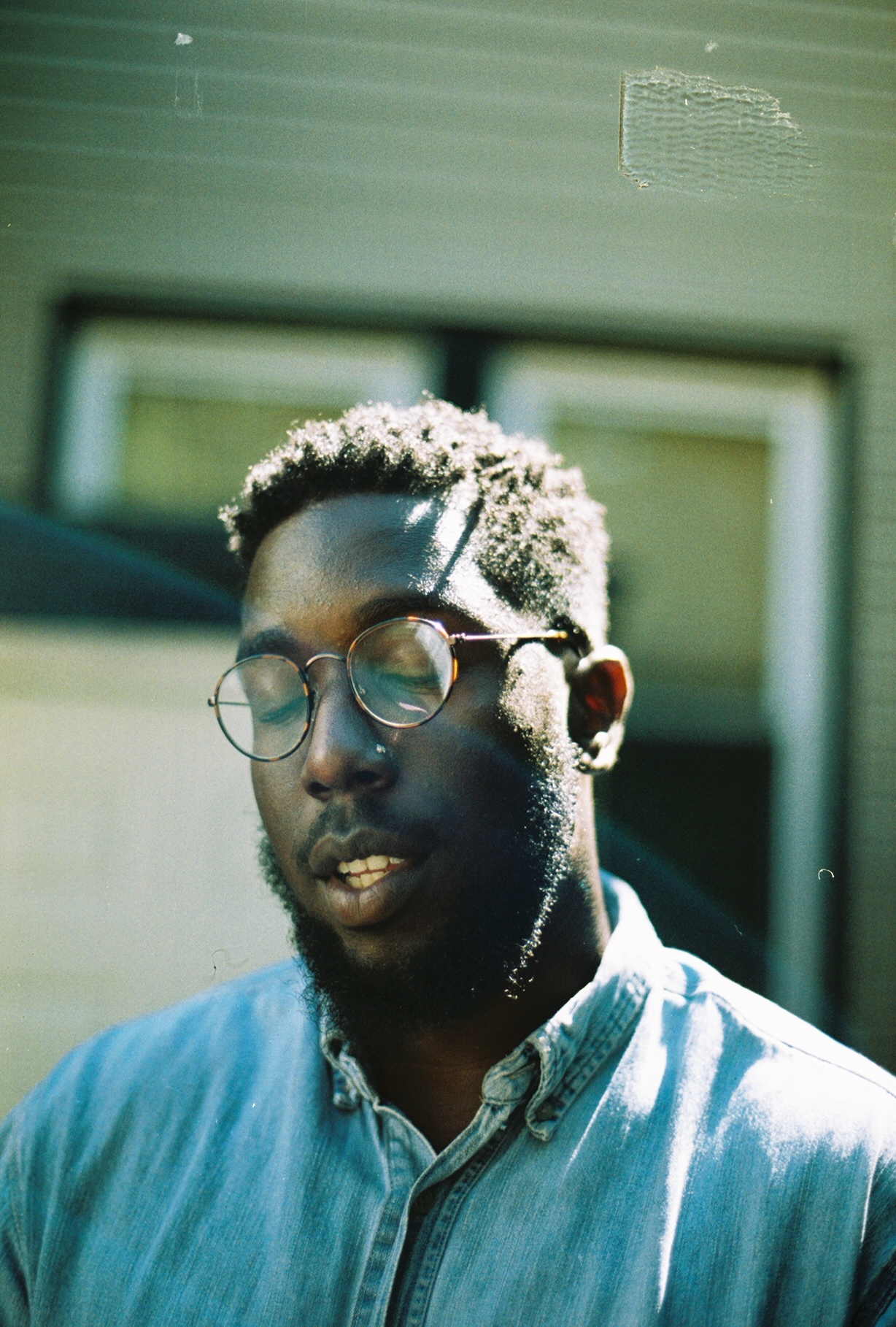Things aren't the same. And everyone has their head in the sand hoping the tide will sweep the salty air out of the room. The revolution that was once ablaze has grown quiet, somber, and indifferent. For us 90s babies, it all started when the bass dropped.
Hip-Hop.
She showed us how to see ourselves for who we are, how to embrace our true reflection in the mirrors of what we seek, and to preserve our souls in the ways we wanted to be remembered. Culture vultures like magazines-turned-blogs and corporate brands using our lifestyles to sell their sweat-shopped goods recognized our hunger to be celebrated as underrepresented people. They tried to offer us capital to remain immortal, but we didn't give in so easy. When approached by those who wanted to change us to chain us, we held our mugs tight and became the cultural brokers of the new century. Unapologetic, unbothered, and unfuckwithable (thanks Diddy), we kept secrets that higher ups kill to learn more about. To be better at. But something's changed in our community. I can't put my finger on it. But it's definitely off. And you know it.
I once knew a community that was groomed on love and respect, rooted in reciprocity, fueled by the happiness of one another, and inspired to help each other attain their individual dreams. There was no room for only one of us to make it. It was all or nothing. There was a vision in place that no one else had but the Garden State. New York's scene was too busy competing with Hollywood and succumbing to the trends of industry to care about the success of talented kids and their bigger-than-life dreams. On the other side of the bridge, however, our heroes were also drowning in their own vices. Bands and collectives separated and got office jobs. Dreams dried up in the old basements of New Brunswick, VFW and Elk Lodges in Flemington, and somehow managed to sustain itself through the cultural recession taking hold of our generation in the mid-2000s and swam upstream the Raritain to Essex County. Newark. Brick Bandits. I know you know the Sexy Walk. Or at least the Wu-Tang. That's Jersey. Home to every kind of legendary artist, dance, slang, or whatever you can think of that still keeps you young. And the culture didn't stop when Lauryn left the Fugees or Queen Latifah traded in her mic for MAC. When I came across this land, I was pretty late to the party. Venues had been booming and shut down before I had the freedom to travel to discover the magic. People got tired of waiting for their sound to catch on and caved into the mainstream. But timing is everything. In February 2014, I took a train to Newark Penn and walked 10 blocks to what is not longer Coffee Cave. There, I met some of the most authentic human beings in the world. These people were full of fire, warm with bright eyes, air-tight hugs, and sticky daps. The vibe was perfect. Like everyone there was suppose to be there. I actually didn't know what the hell a vibe was before that night. It was a place like no other. Unfortunately, that mystical land no longer exists otherwise in the memories where it still remains.
New Jersey isn't a place I encourage anyone to relocate to. I've proclaimed it "the place where dreams go to die." Over-saturated with dull cityscapes, greying suburbs, farmlands, and a less-than-daring middle-class, the only thing that brought me home was its music scene. There are so many cities here that have birthed some of the most iconic sounds we know today. And despite its not-so-thrilling human cultures, its youth are the ones responsible for reviving it back to life, driving it upward, paying it forward. Something snapped on NYE last year and I knew I had to come back home. But in retrospect, I have no idea what was pulling me back. Einstein's Gravitational Waves? Maybe. Through photographs, notes, blog entries, voice memos, old mixtape CD's - I can't seem to recover the paradigm shift that threw us all off course. Memory is a funny thing. We pick and choose what we want to remember. Yet, time has a way of keeping everything. Somewhere.
Where did it all go?
The music didn't stop, but there's no one left on the dance floor.

